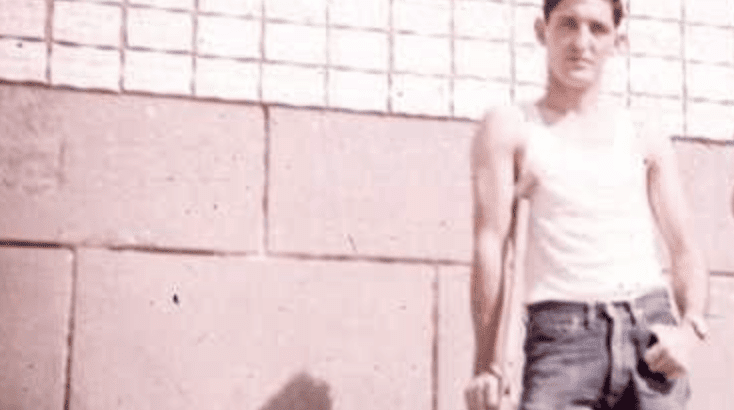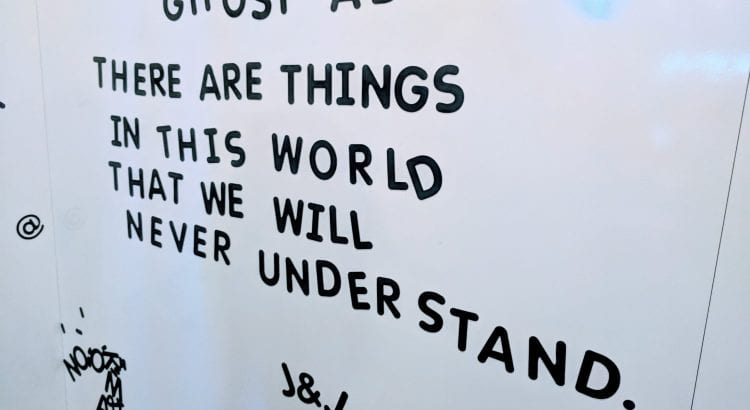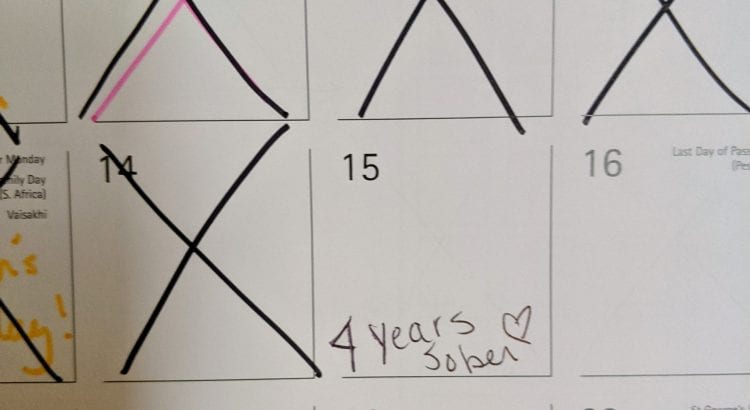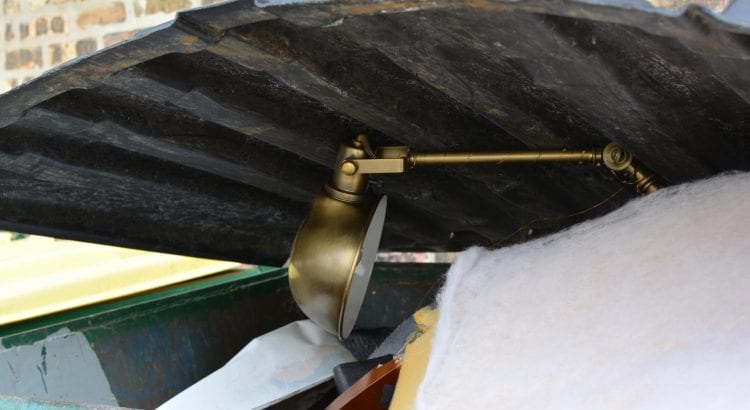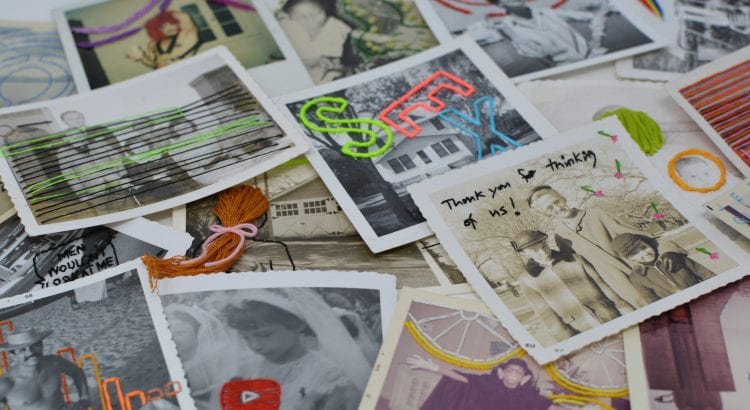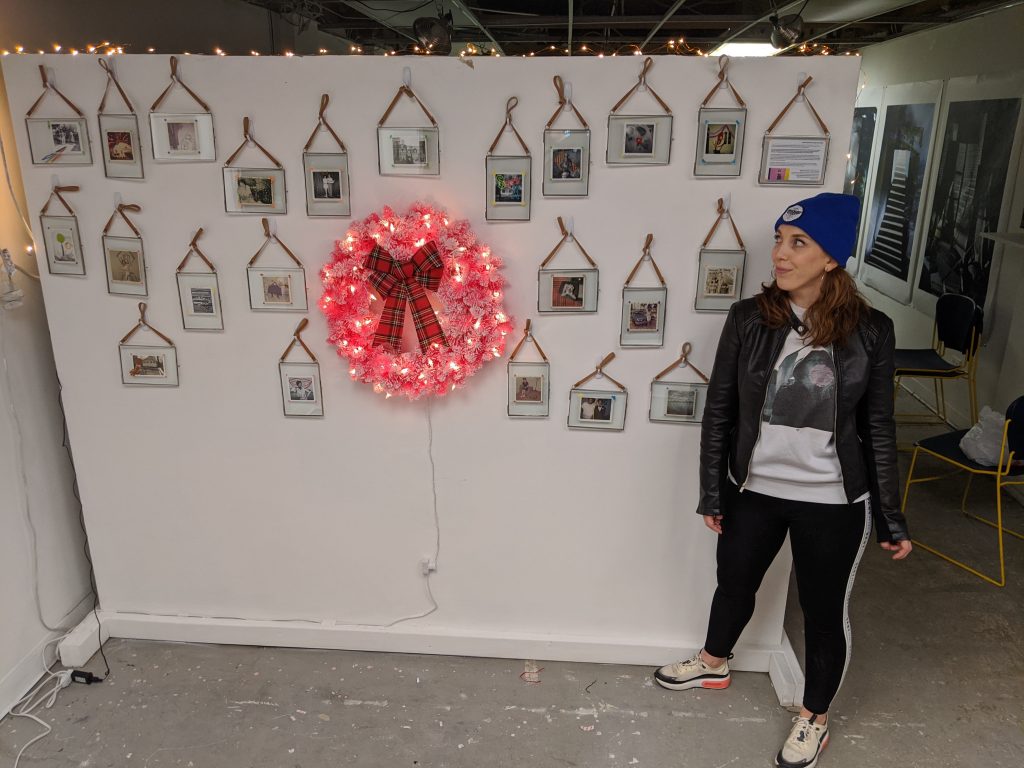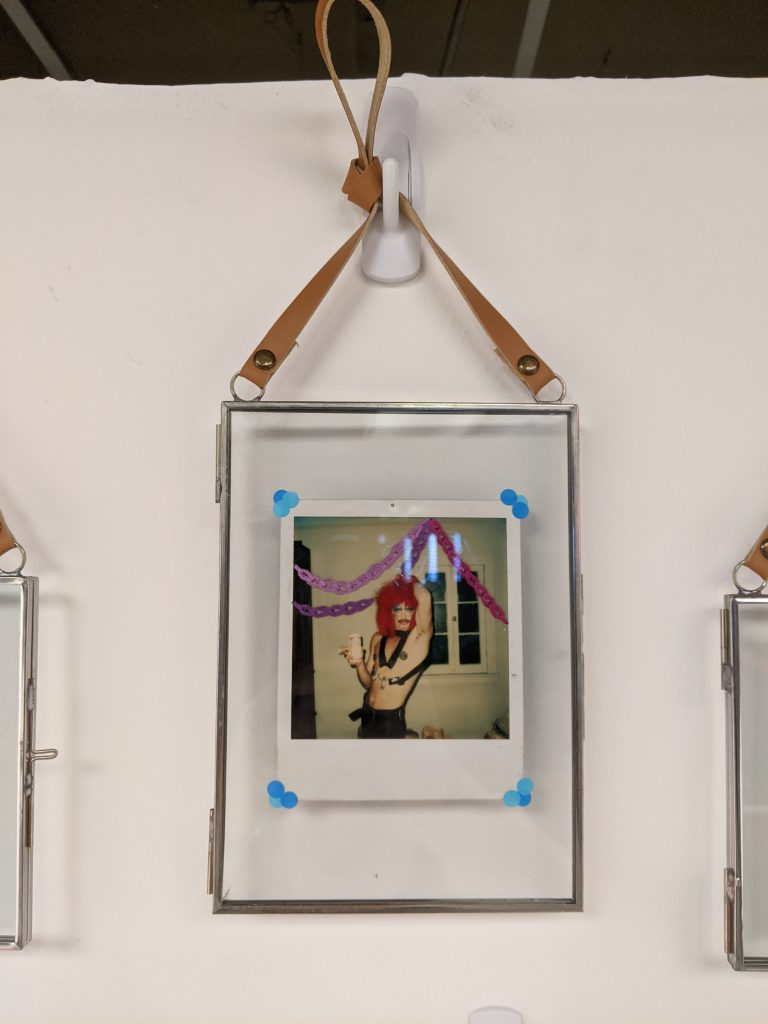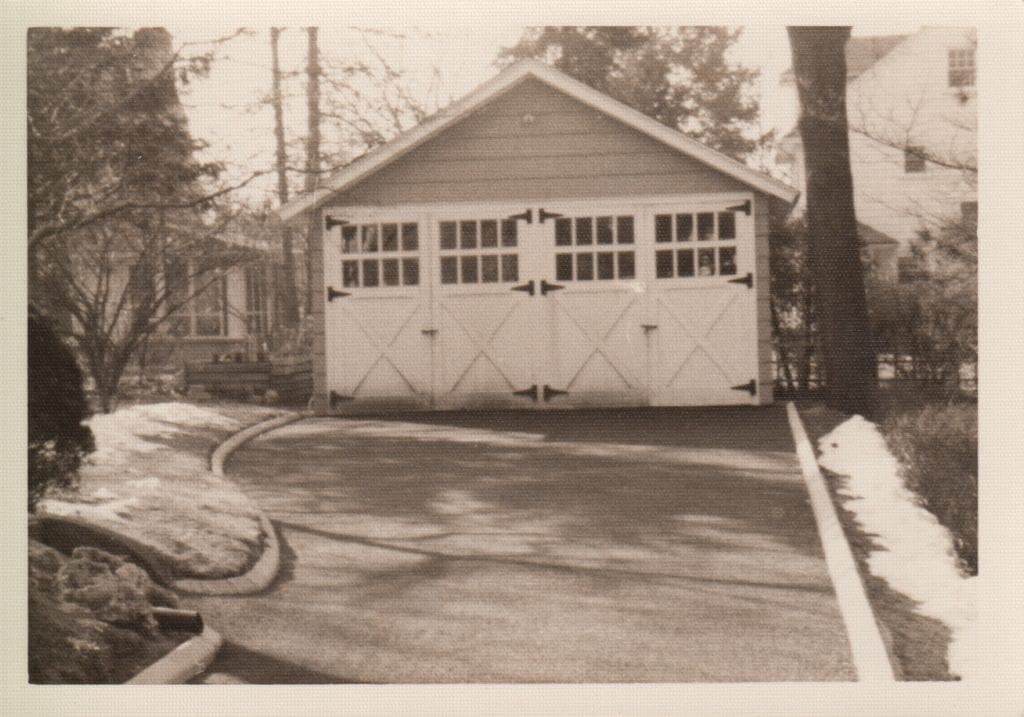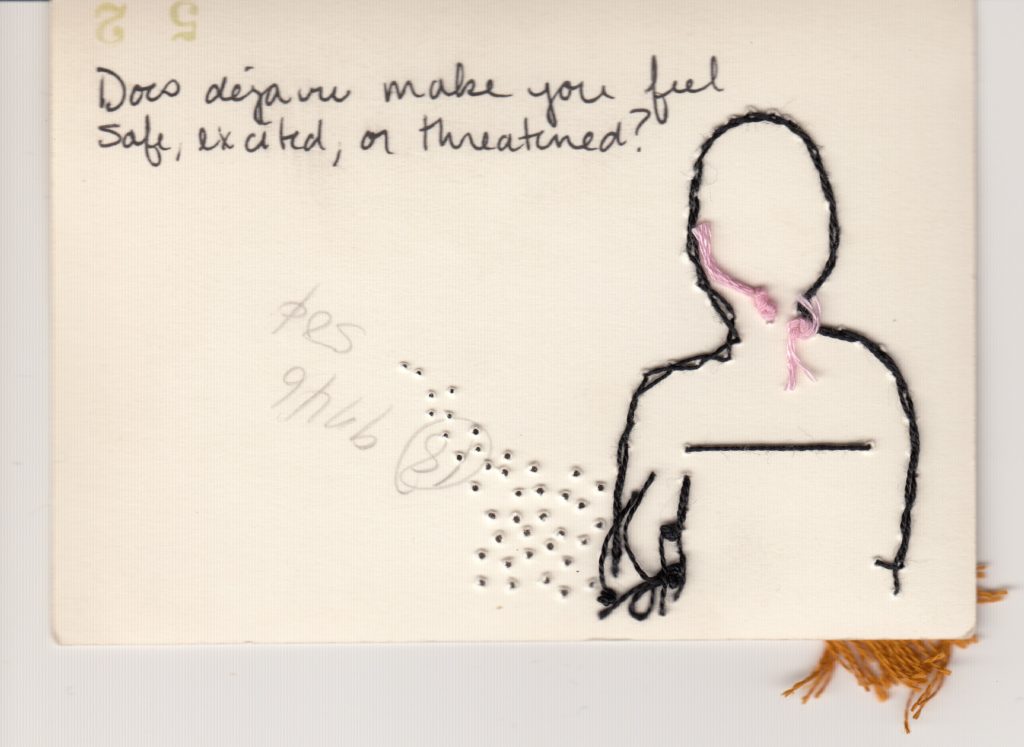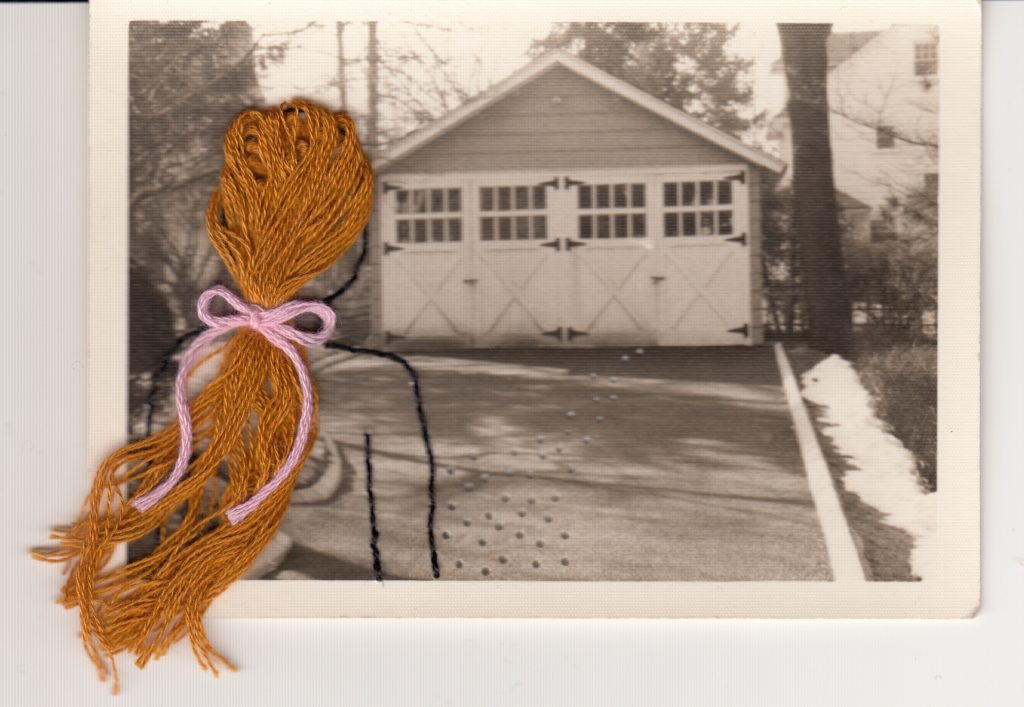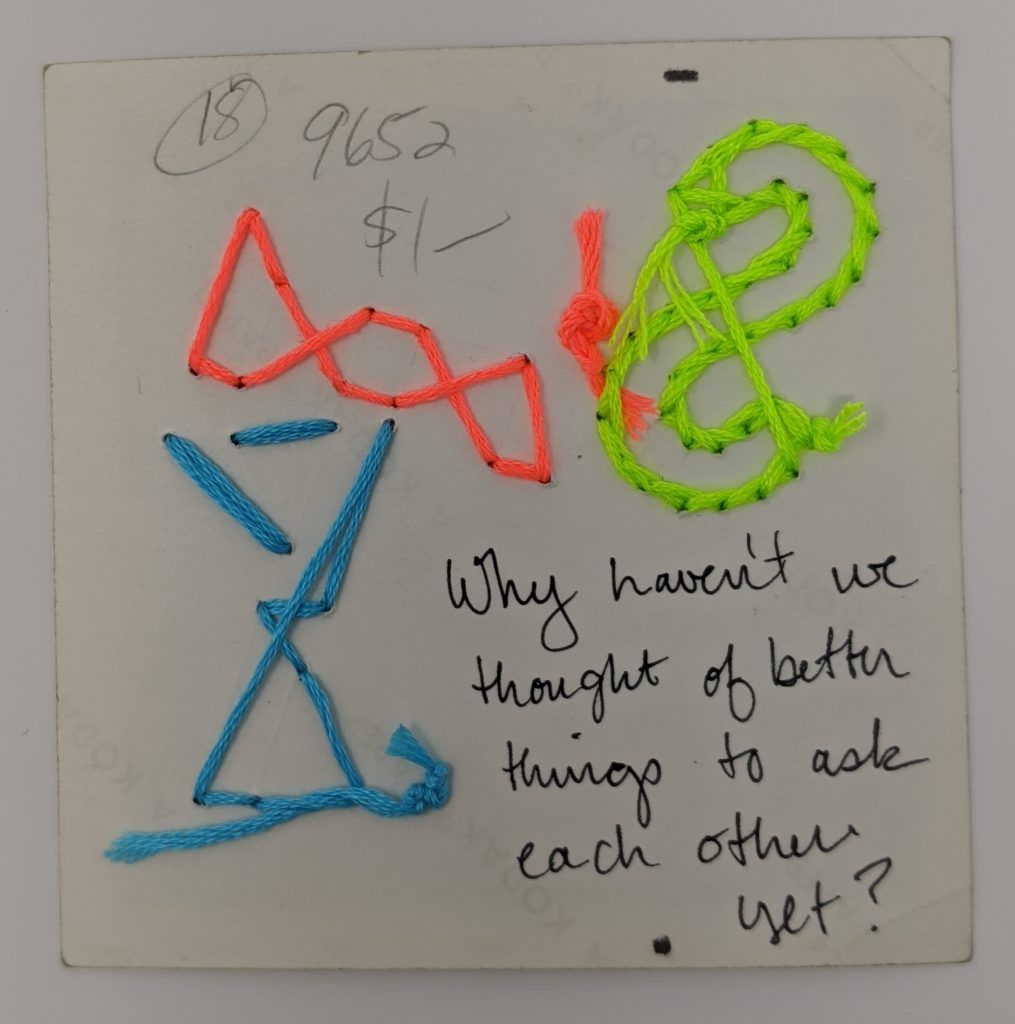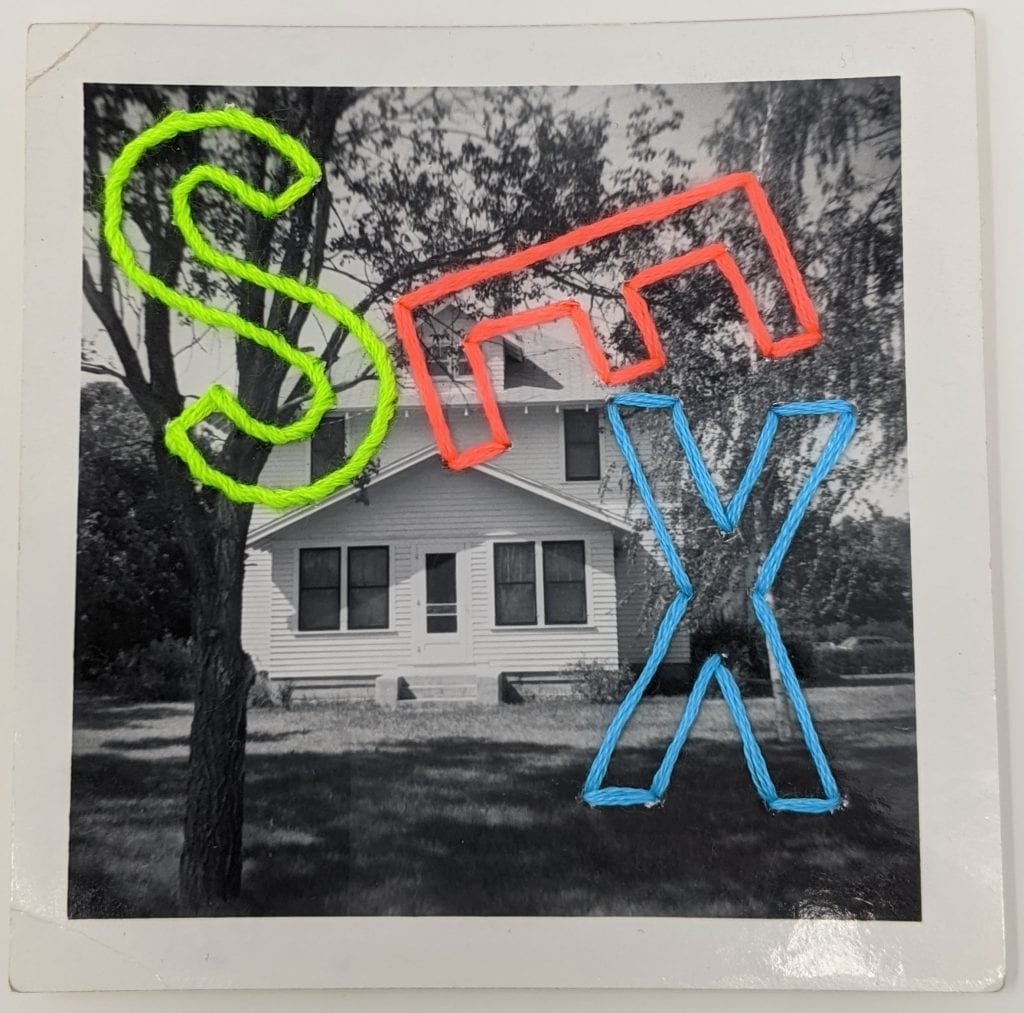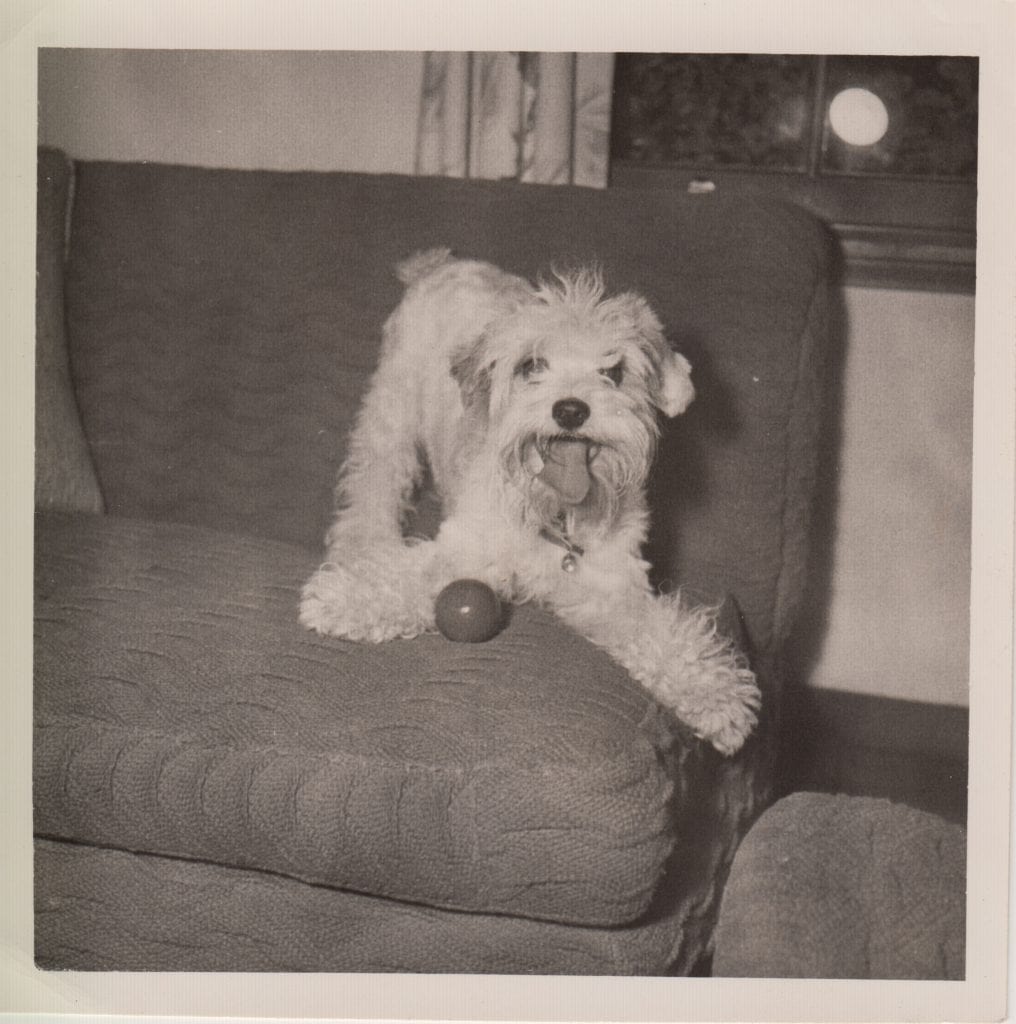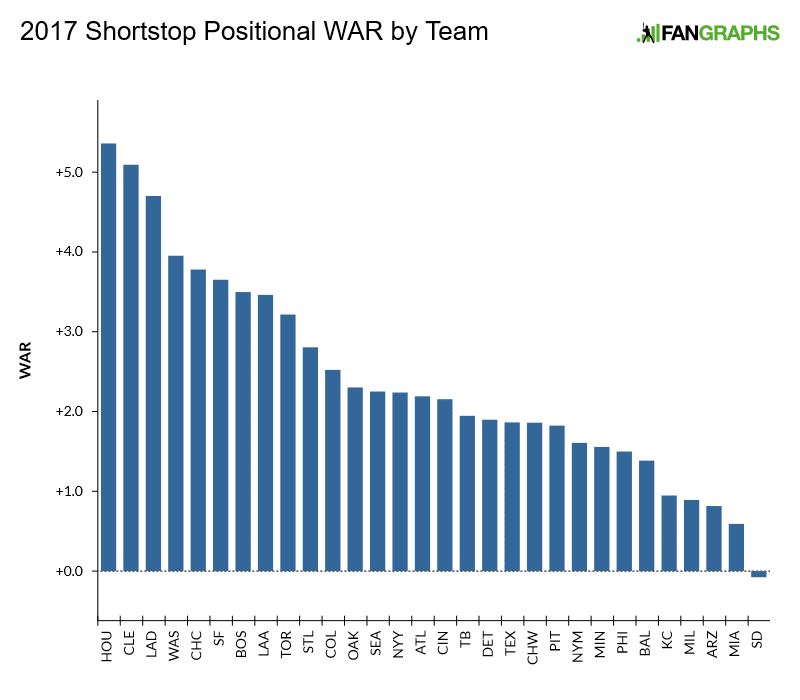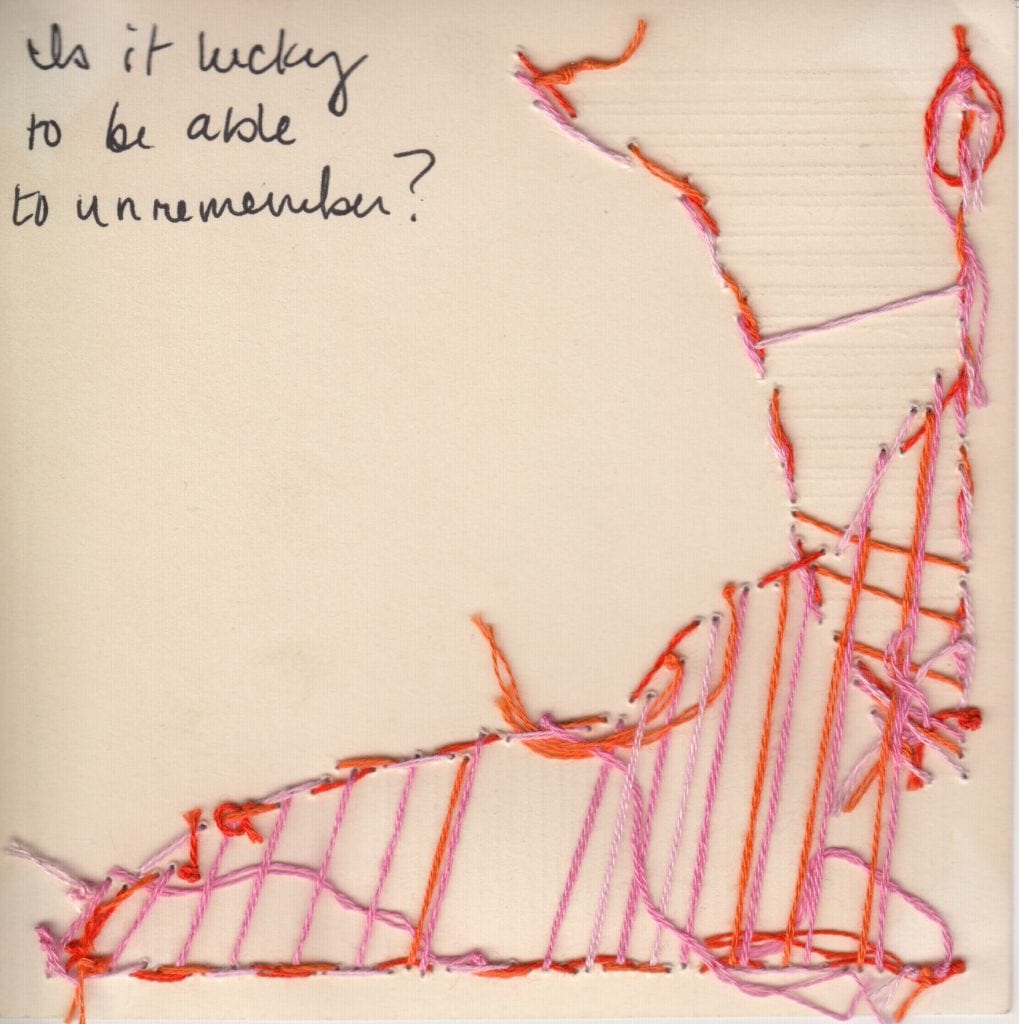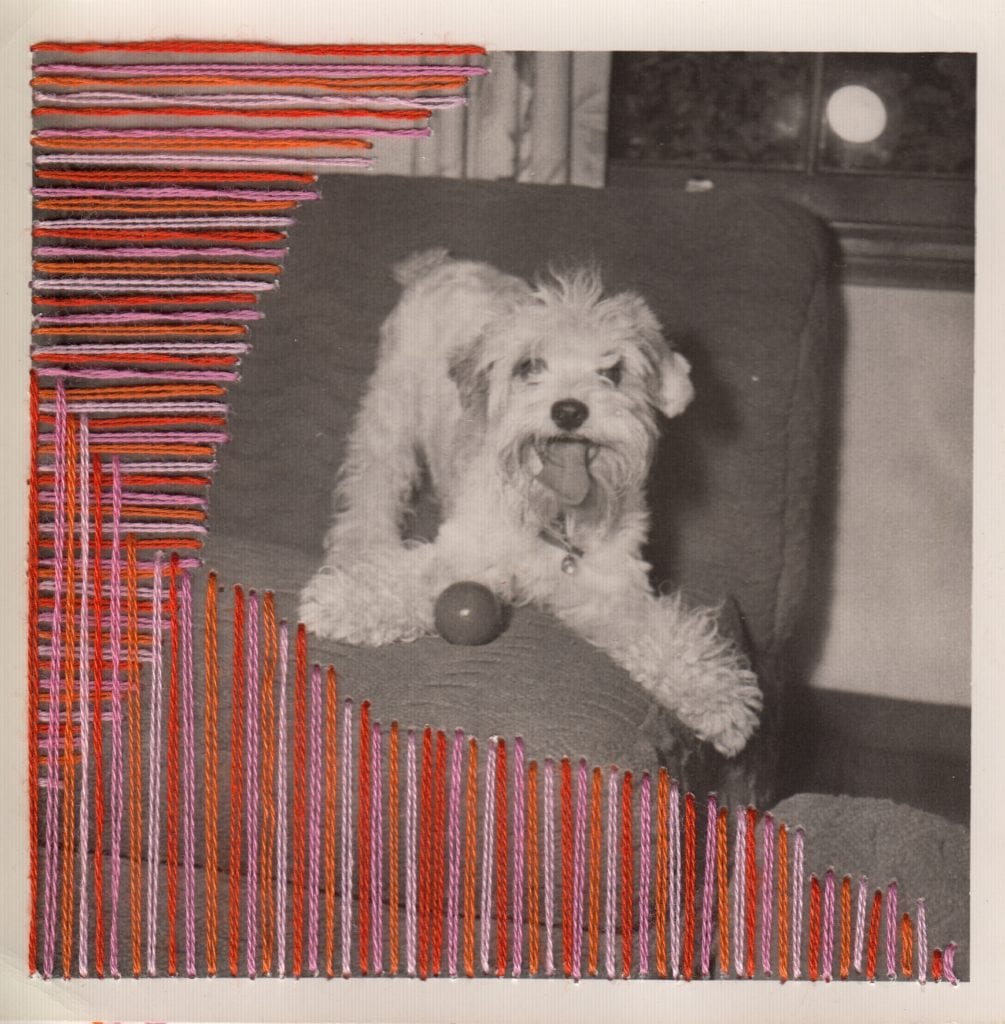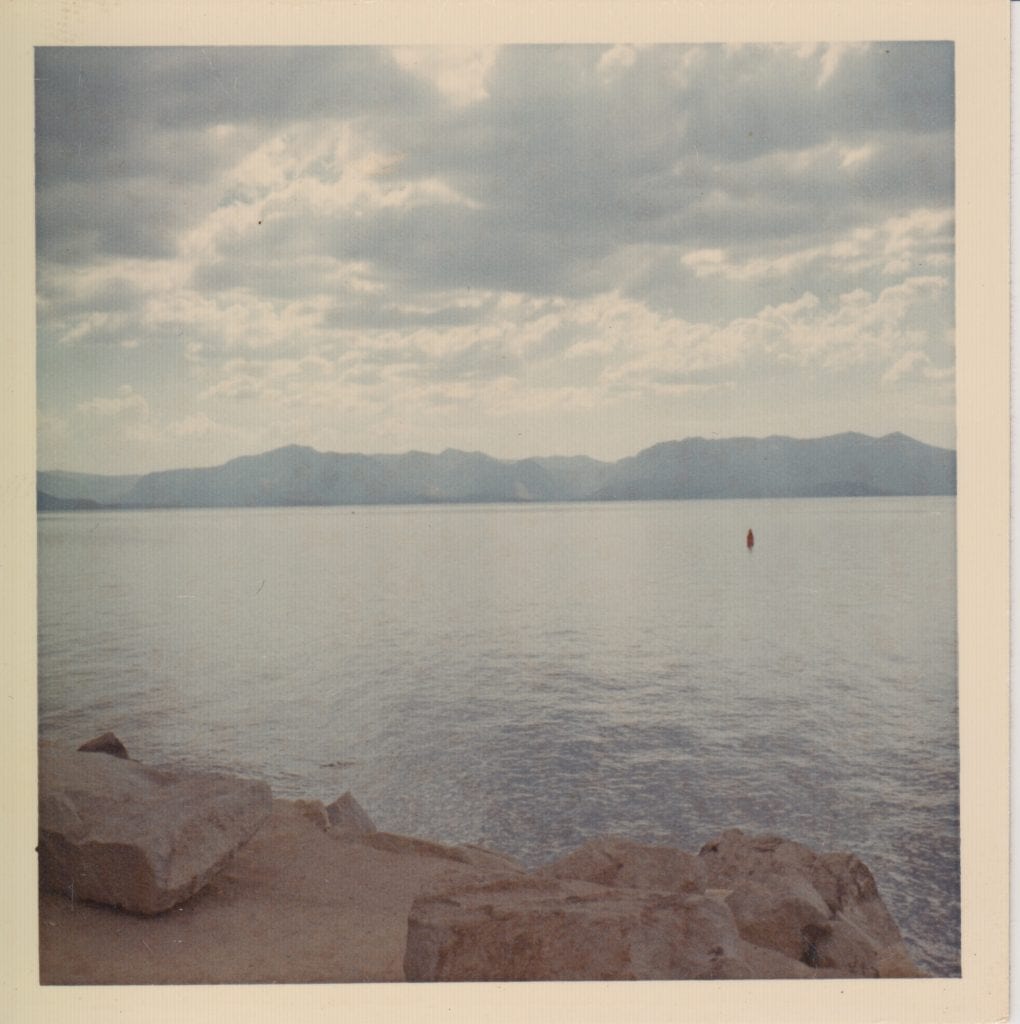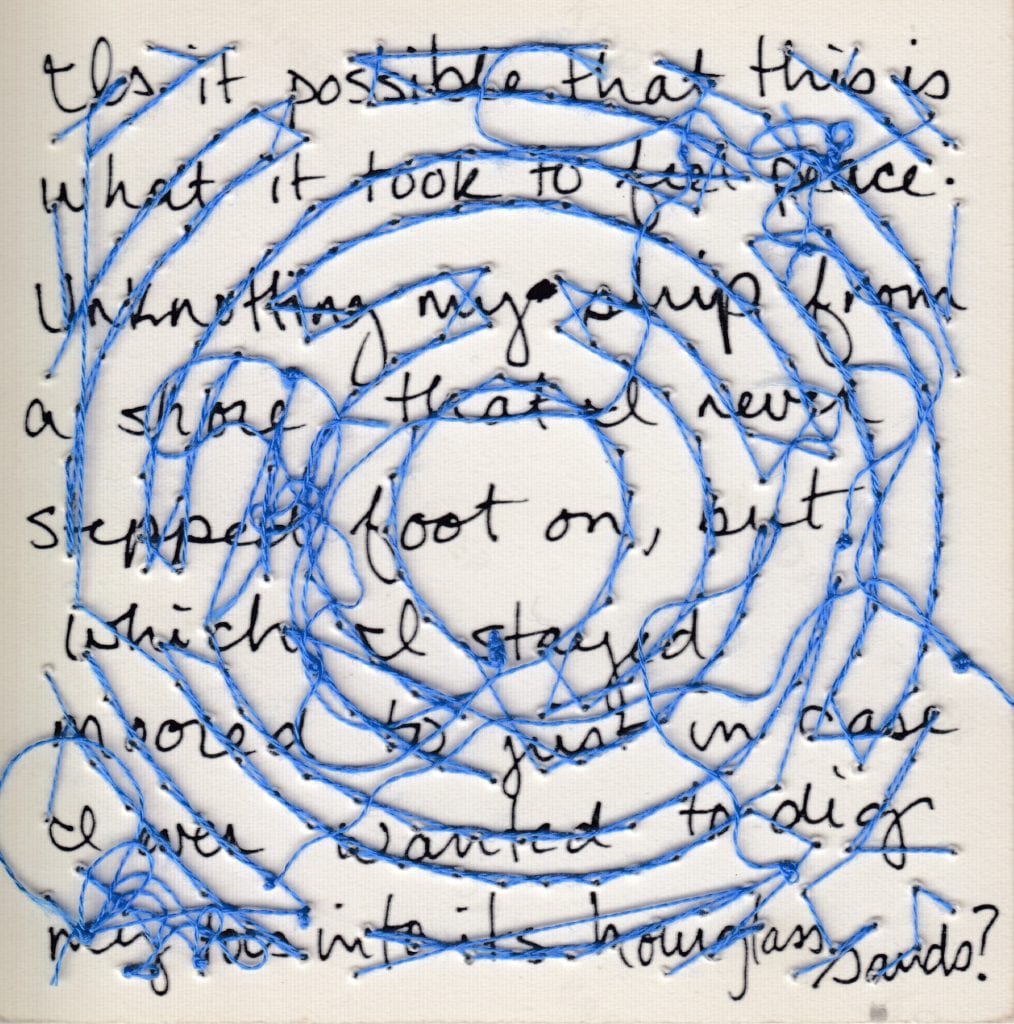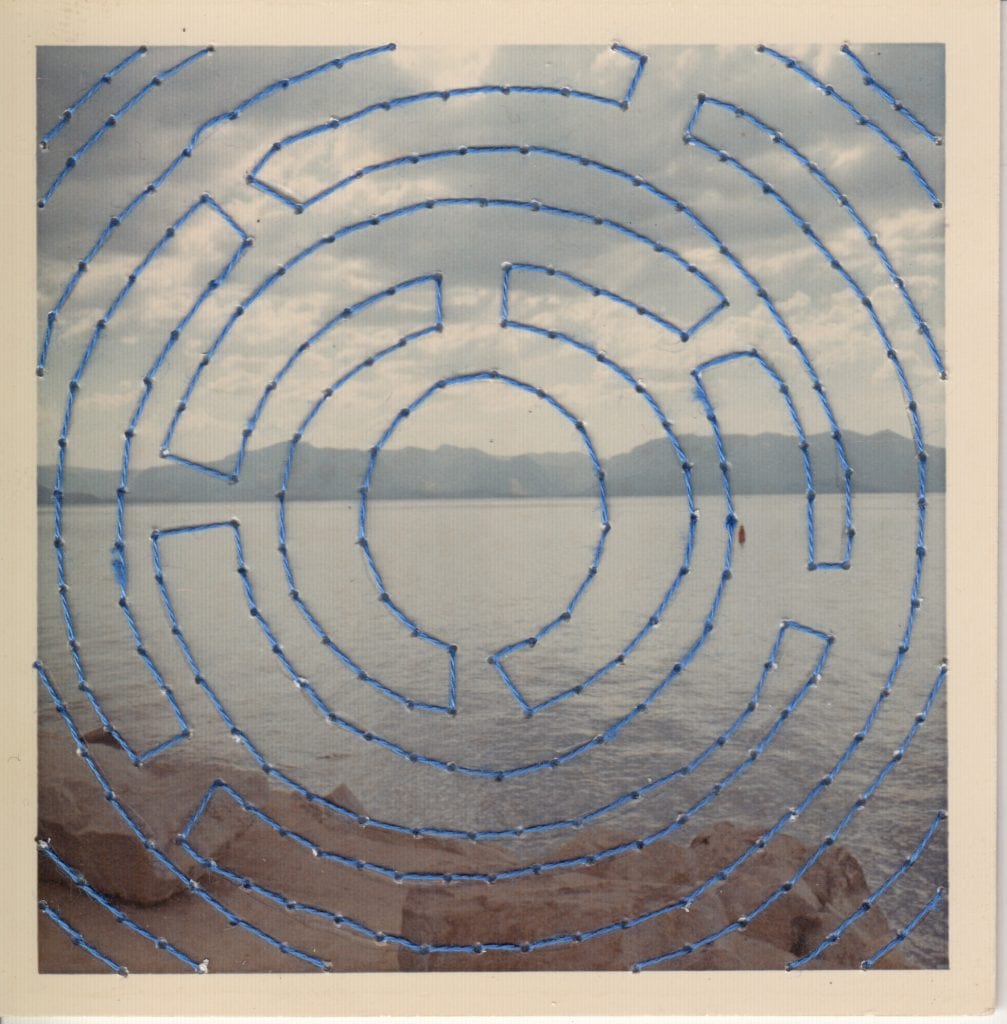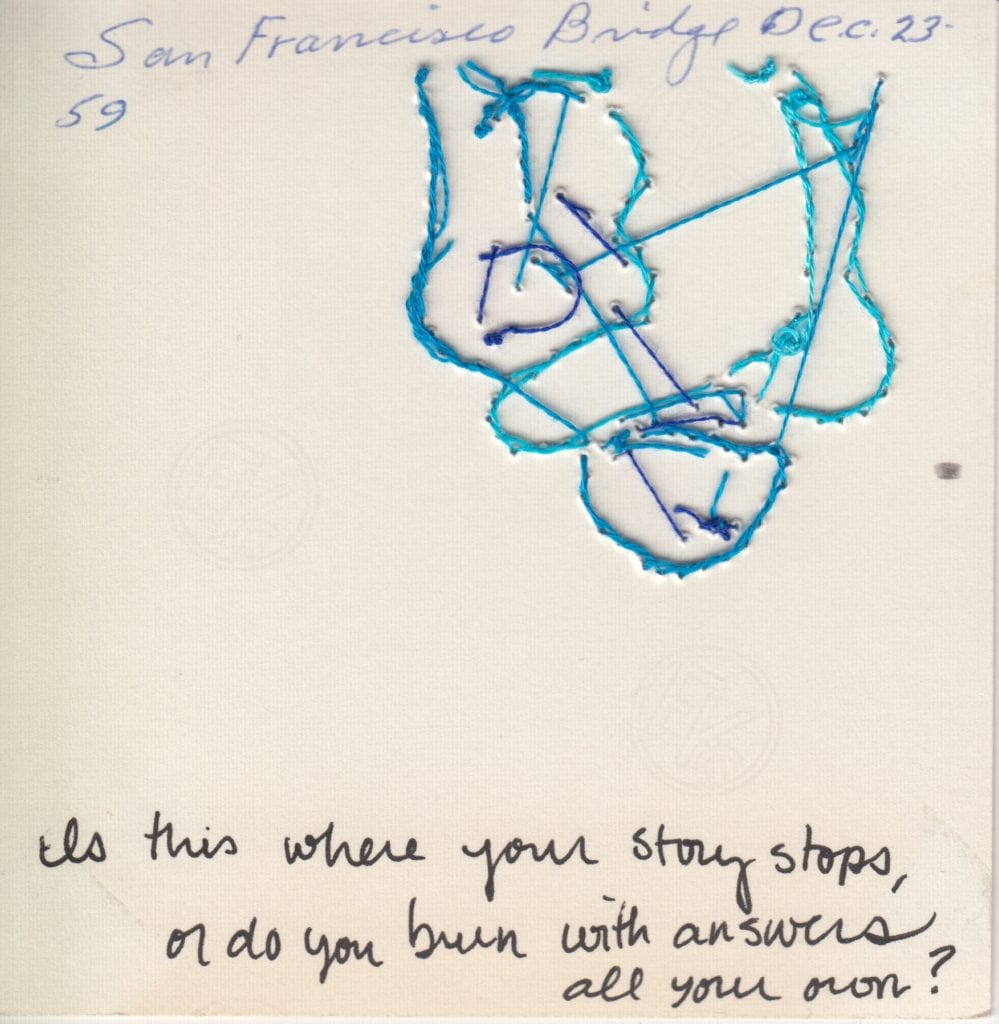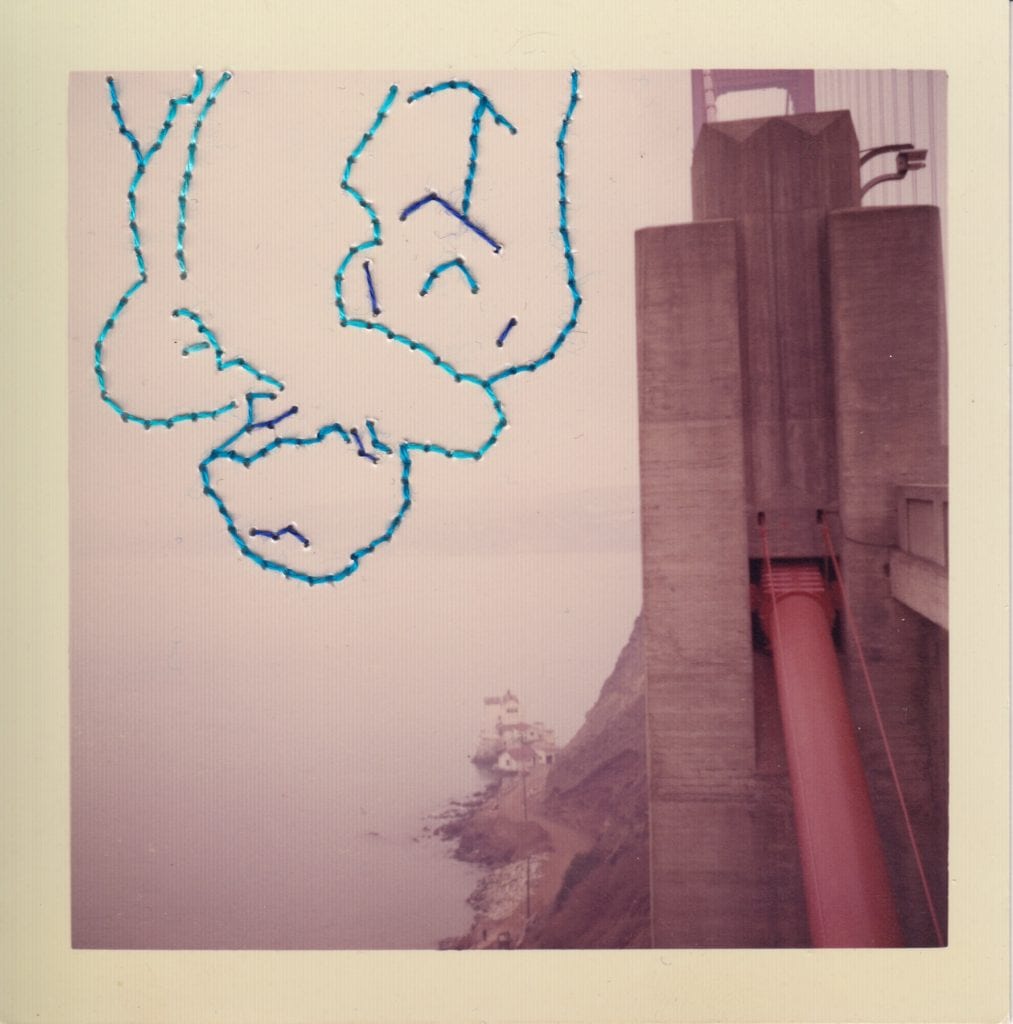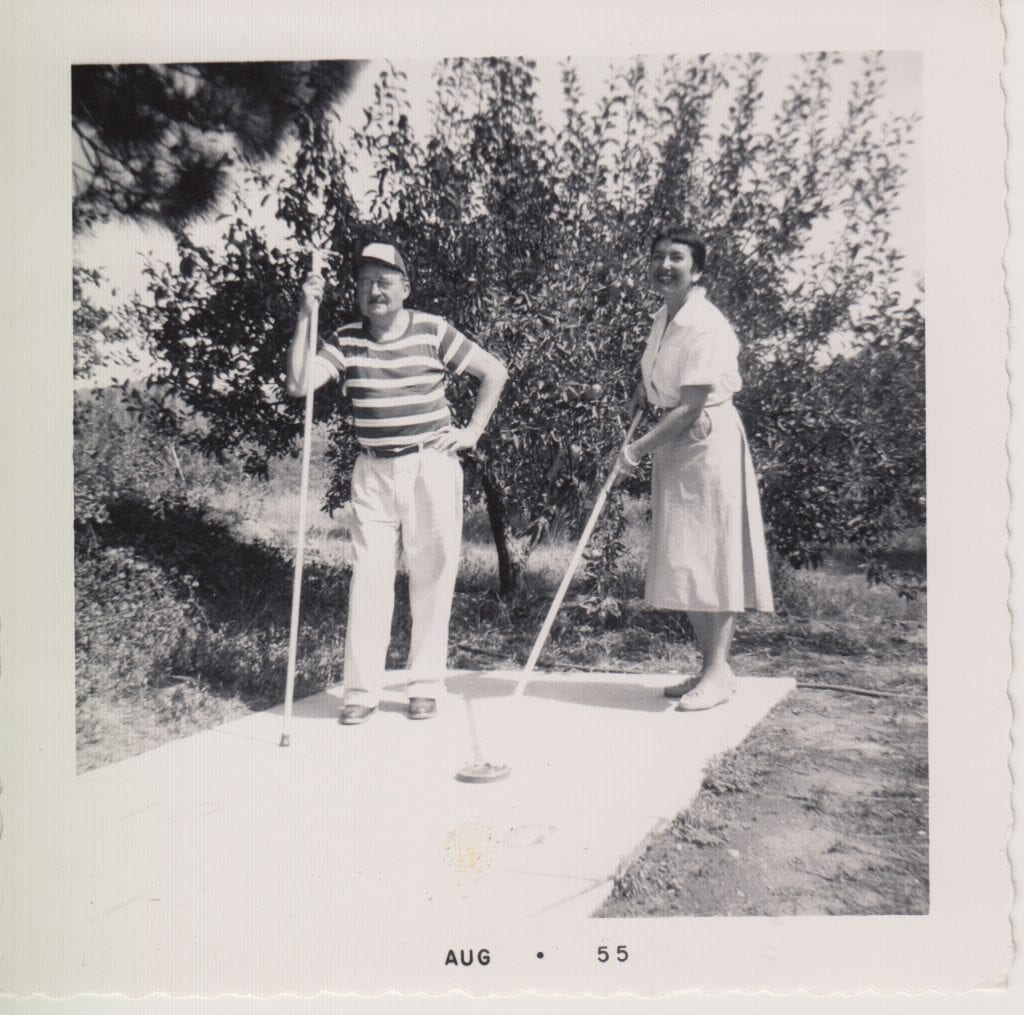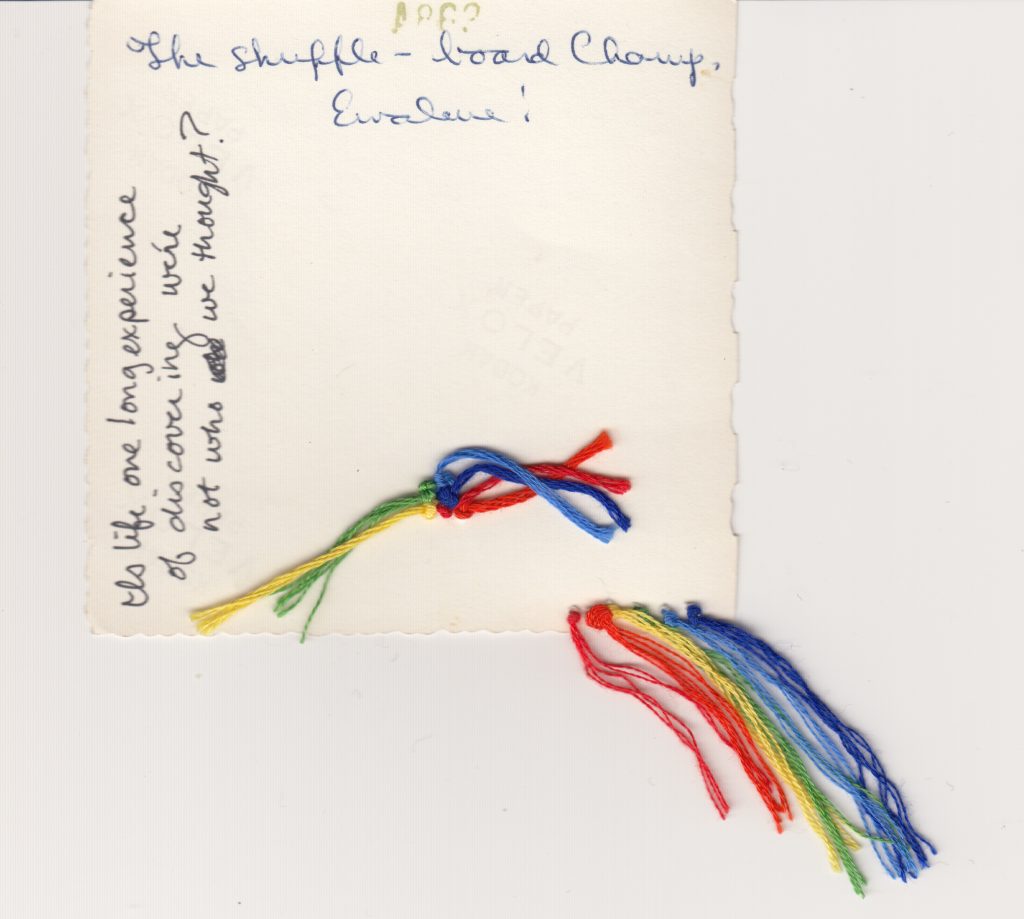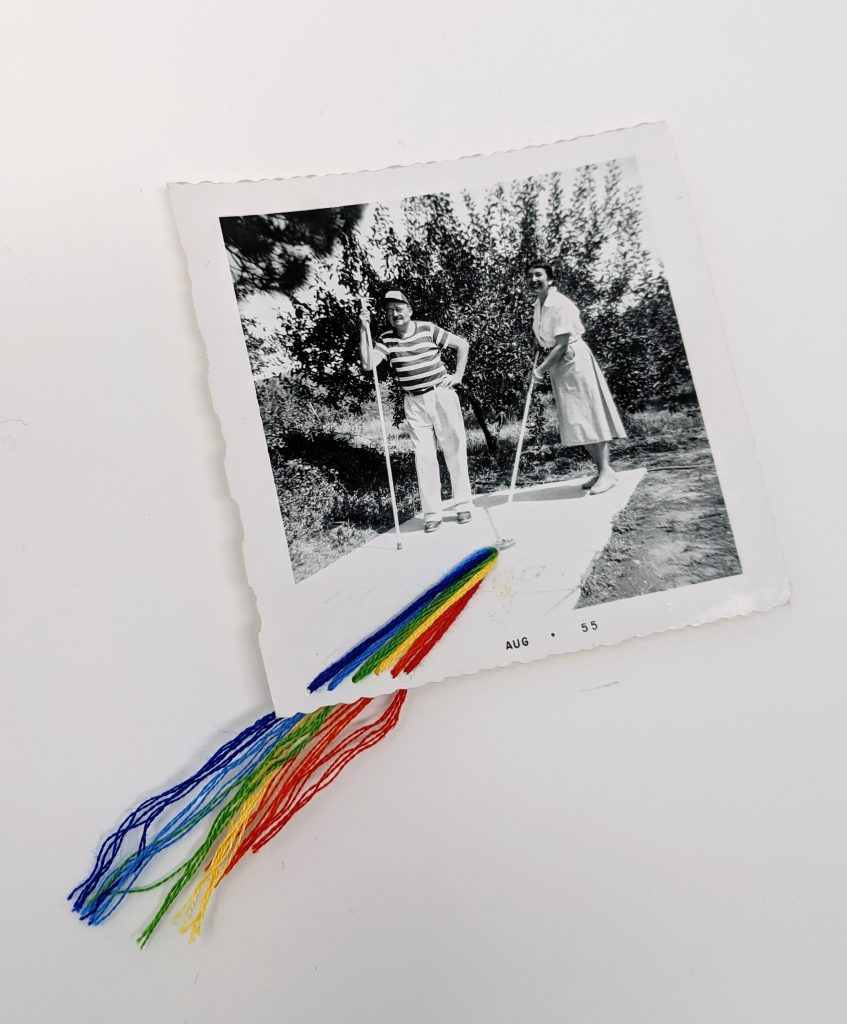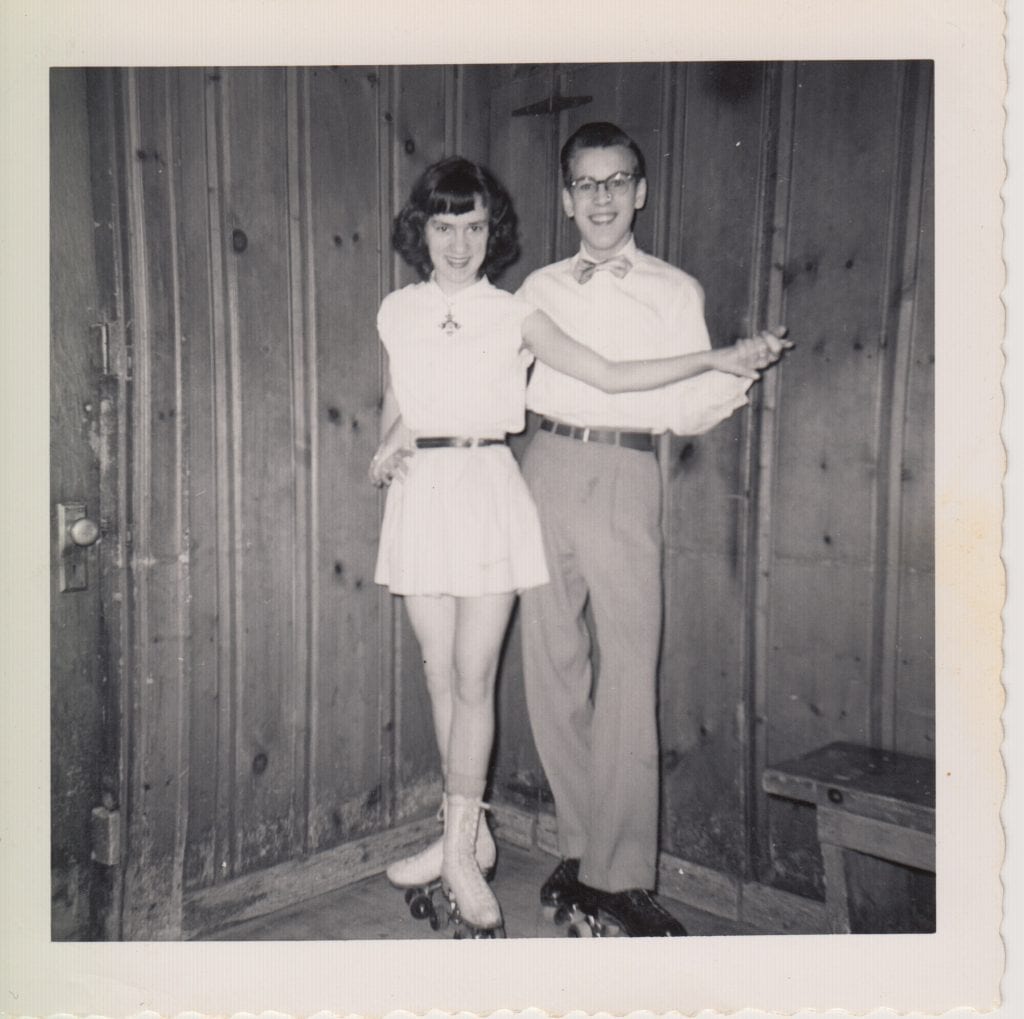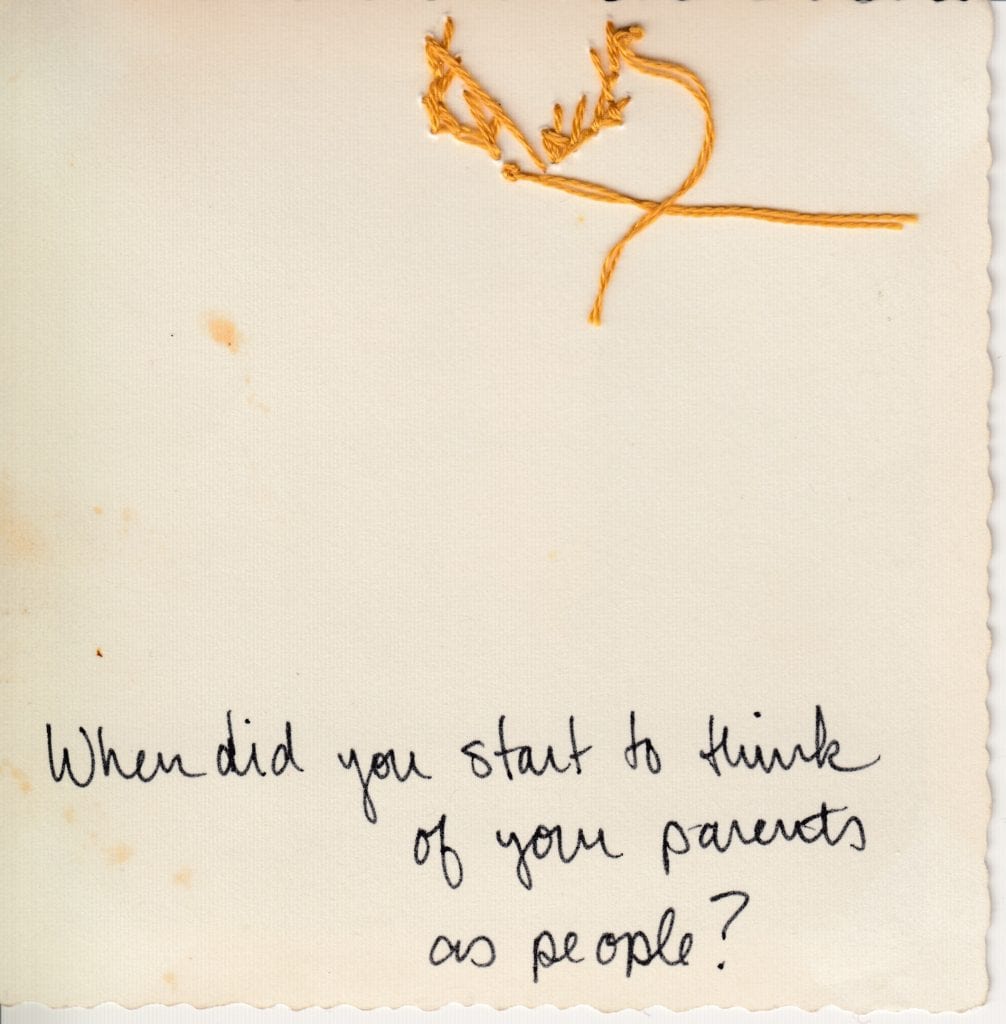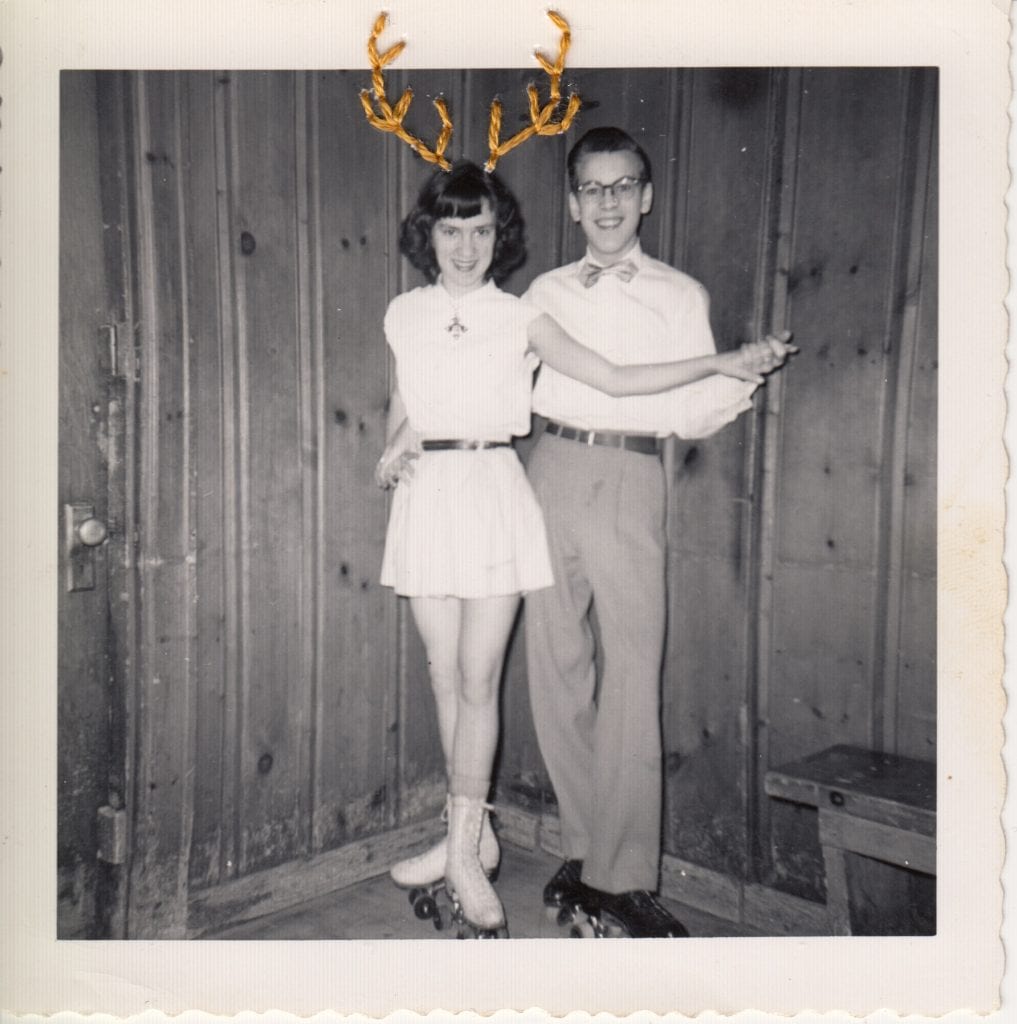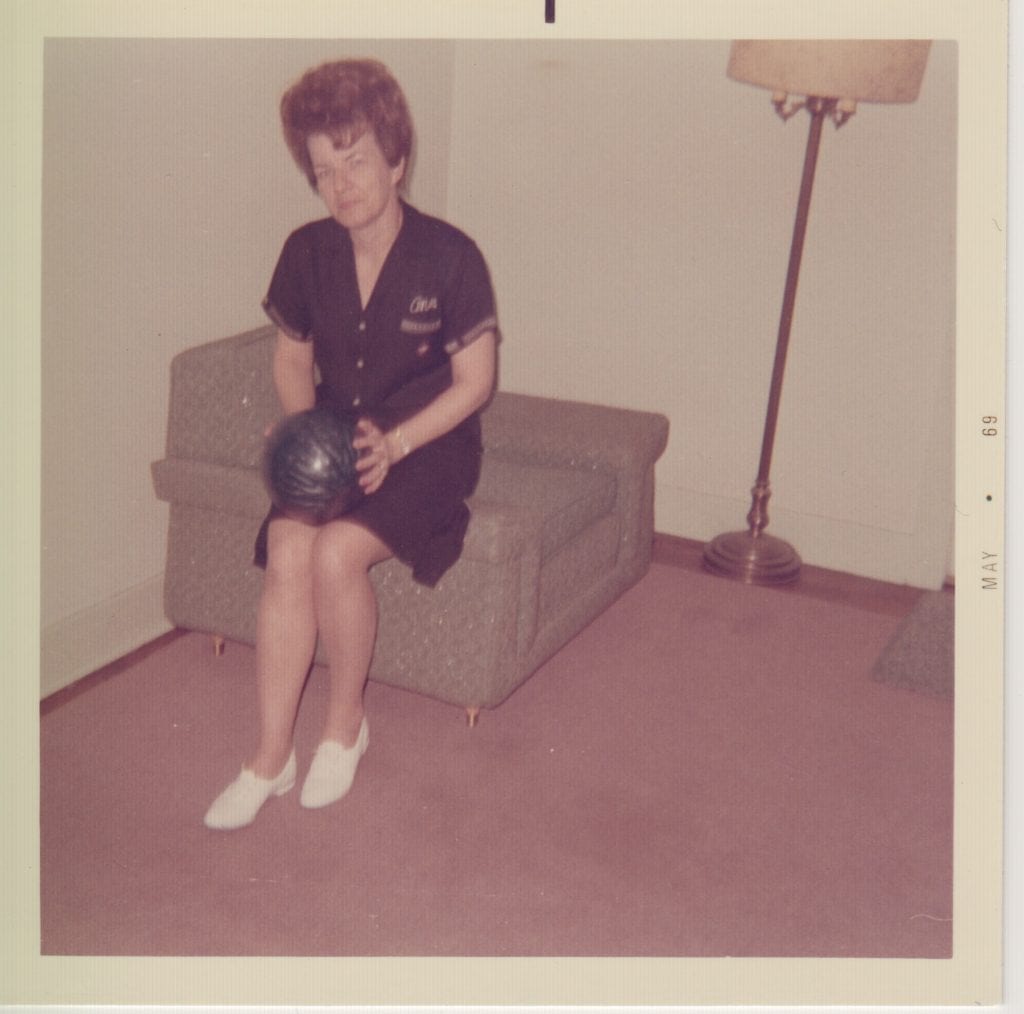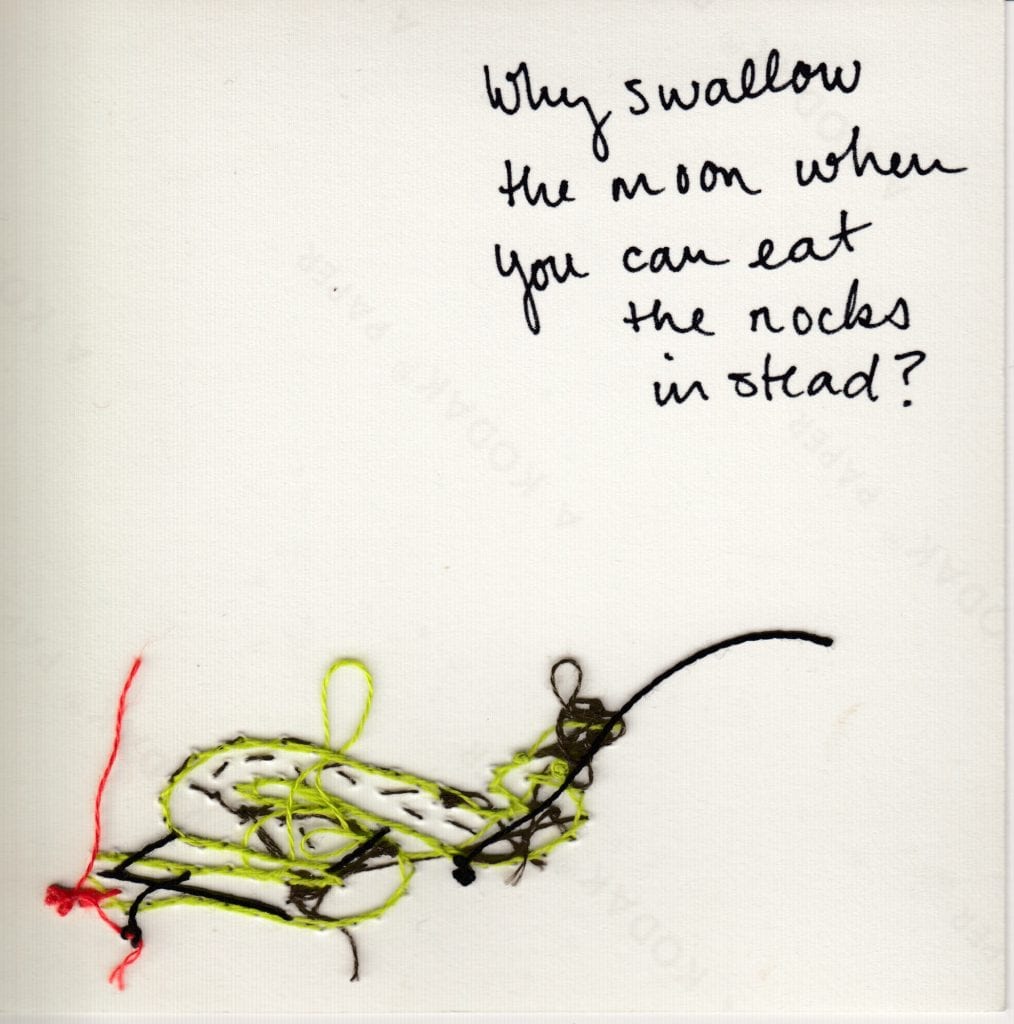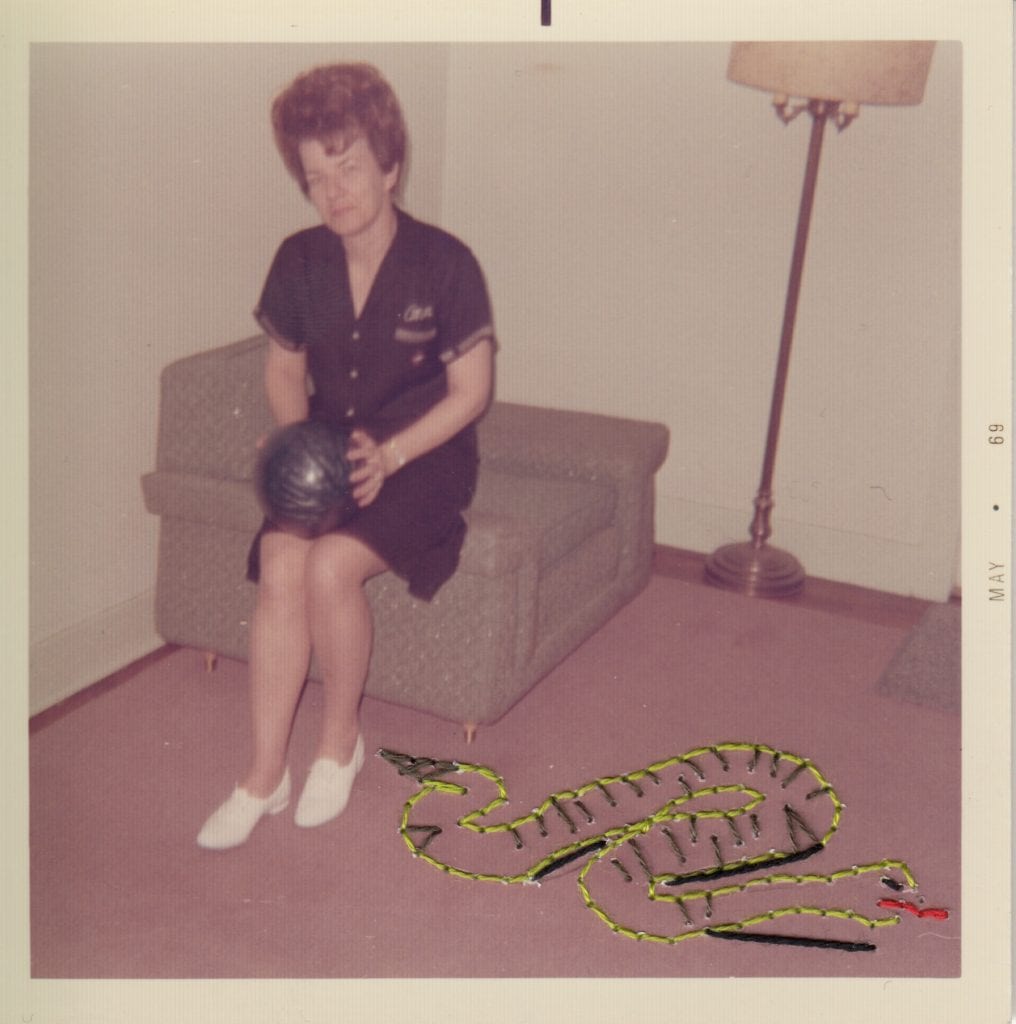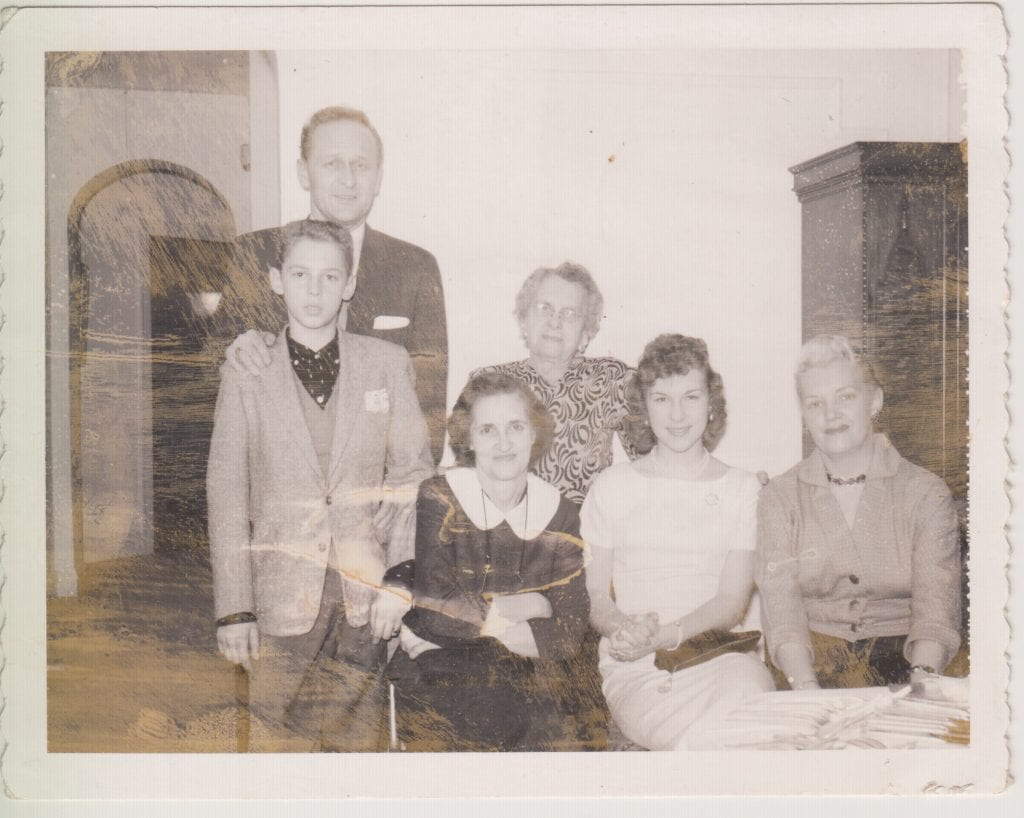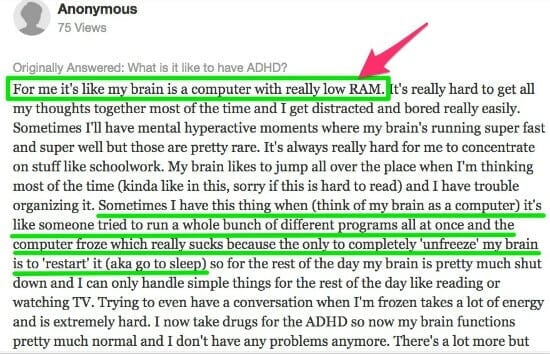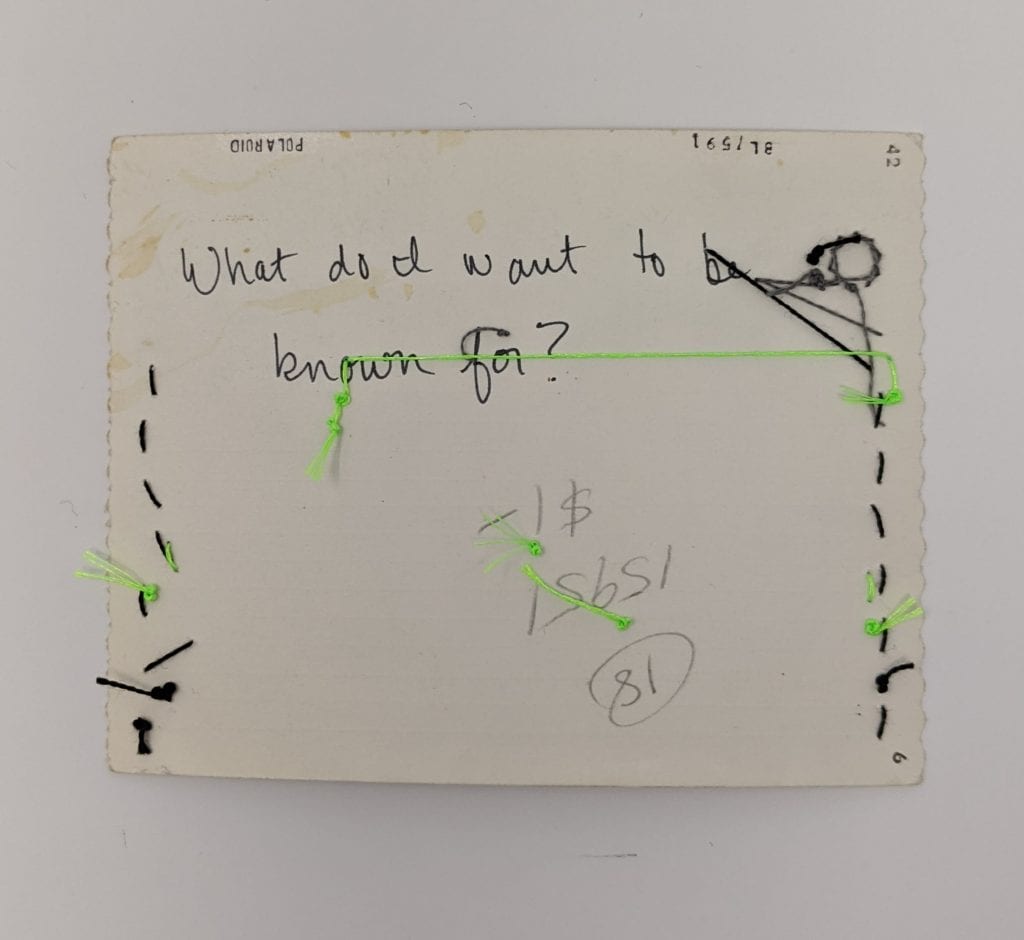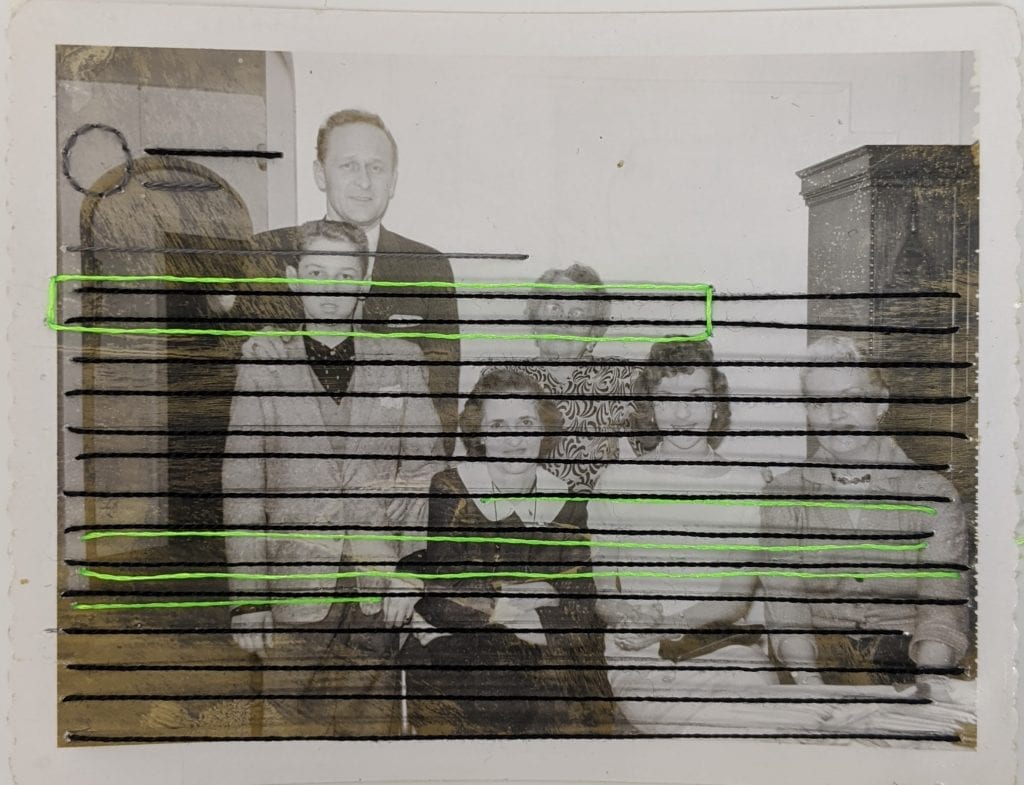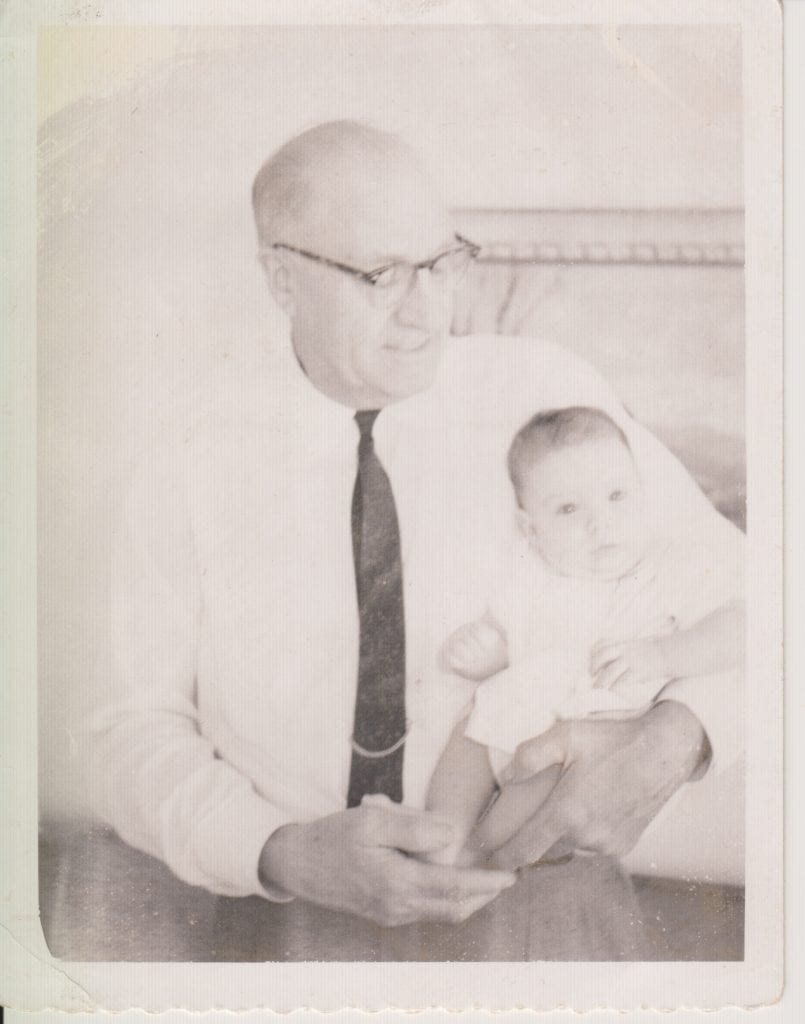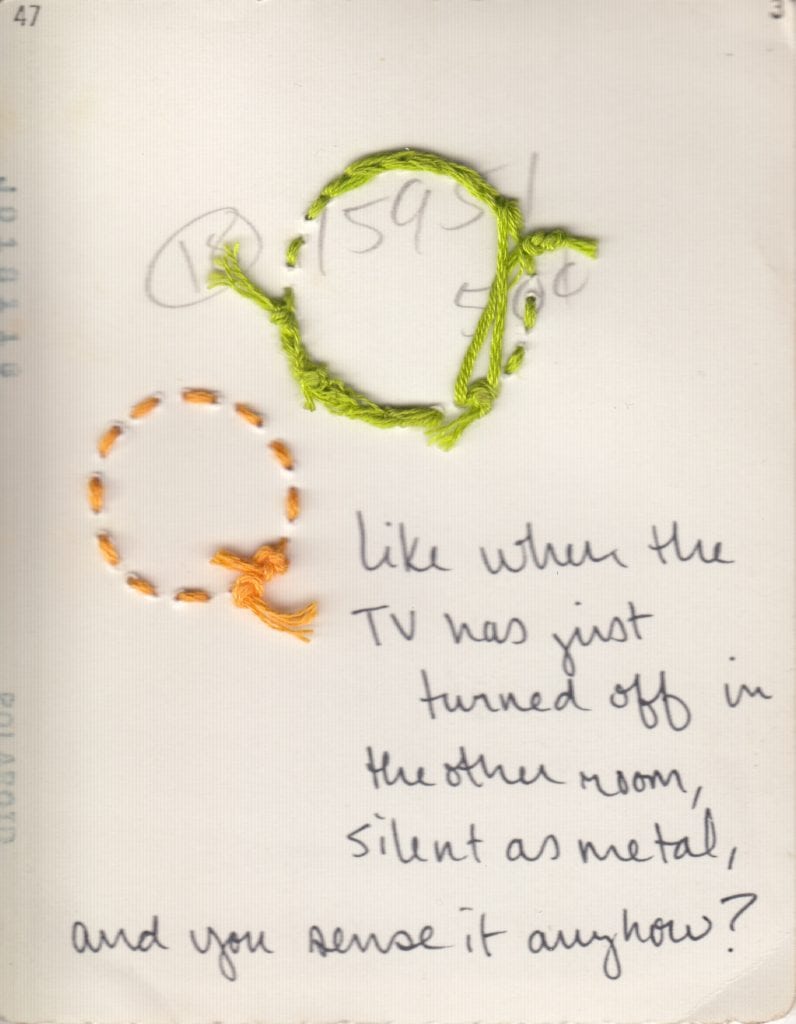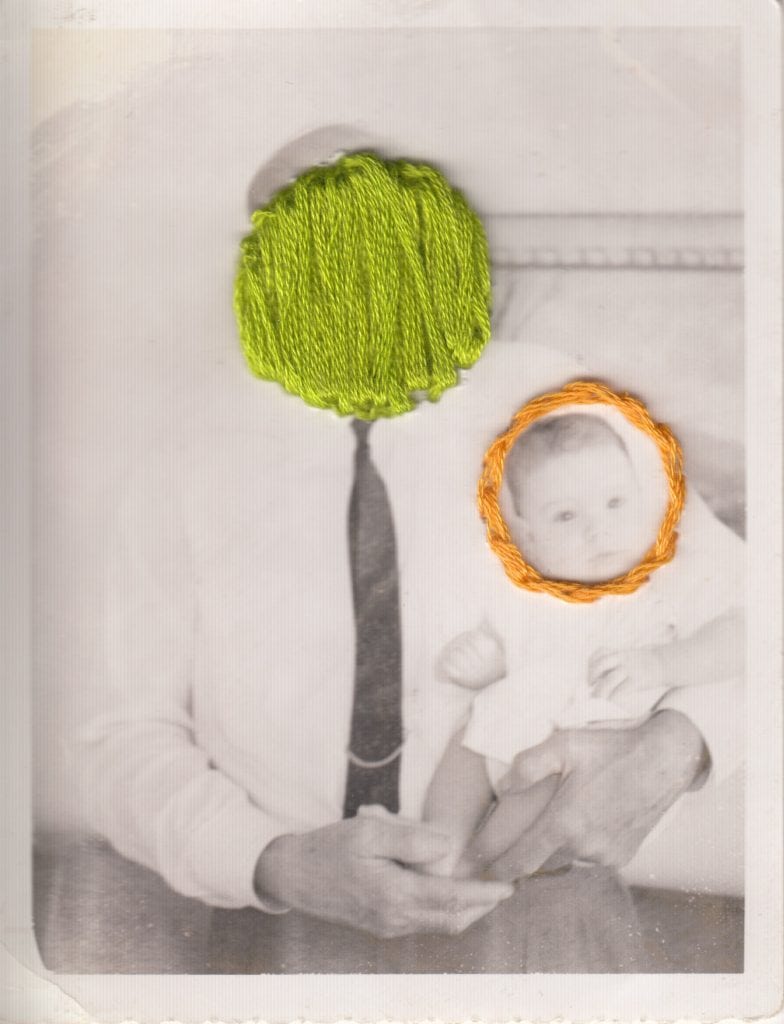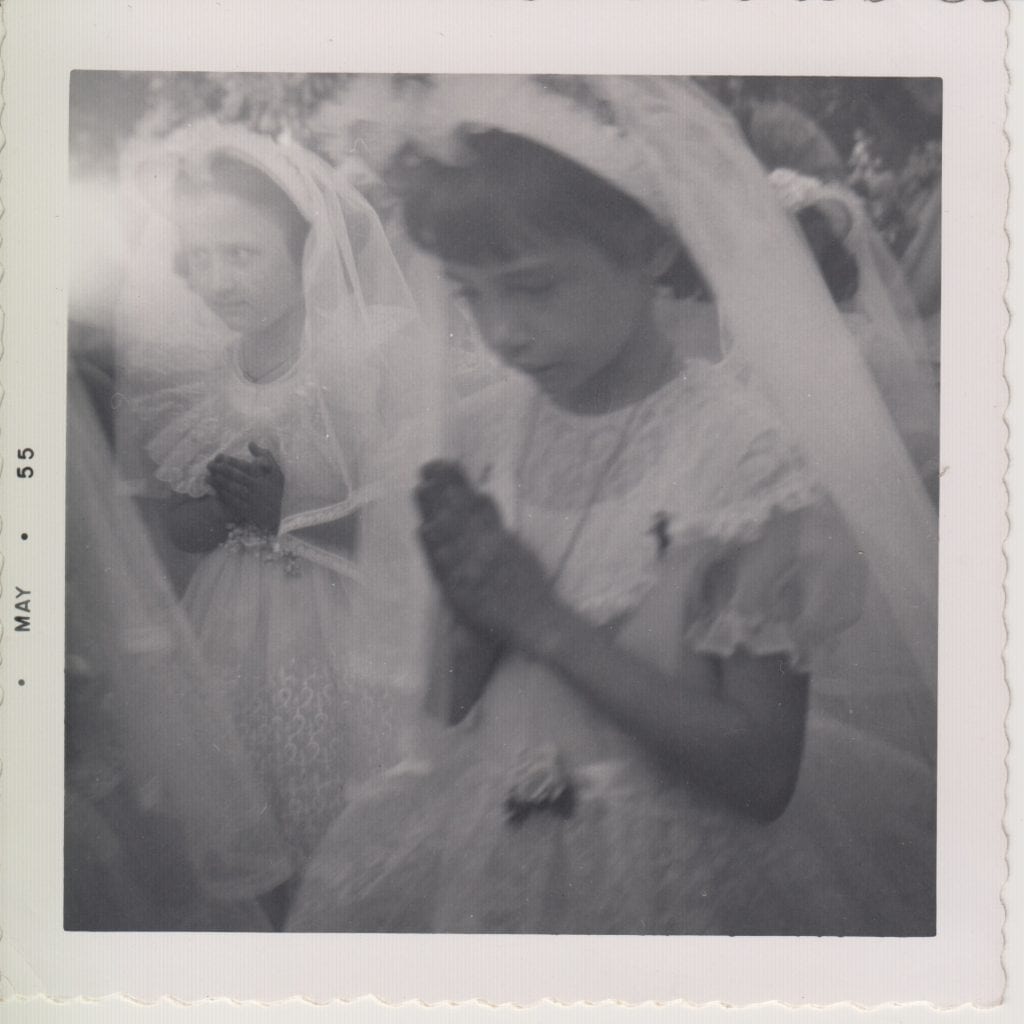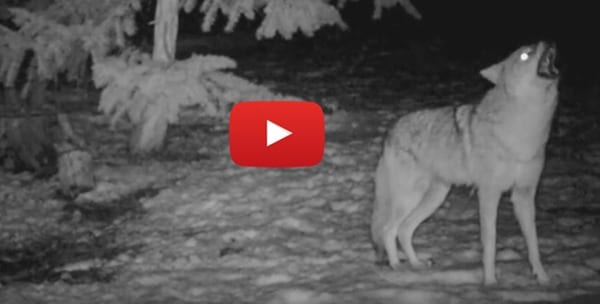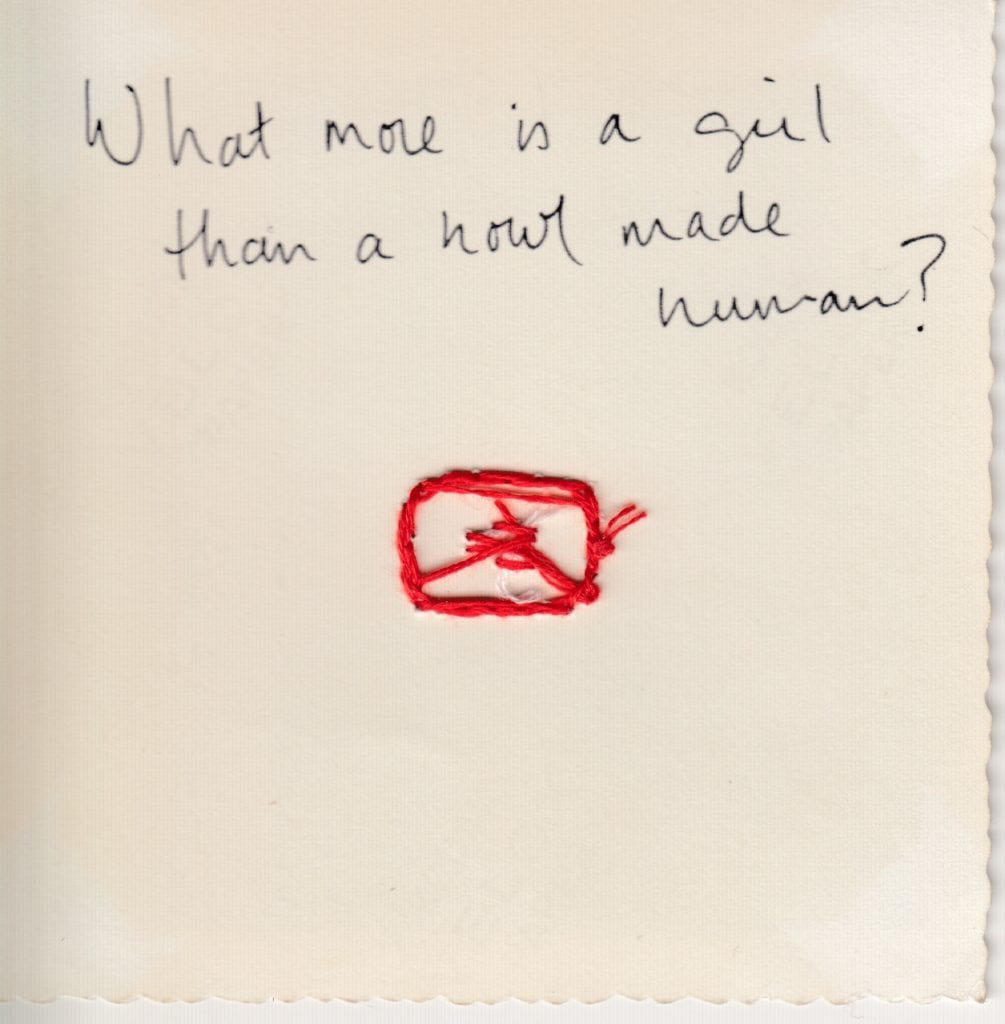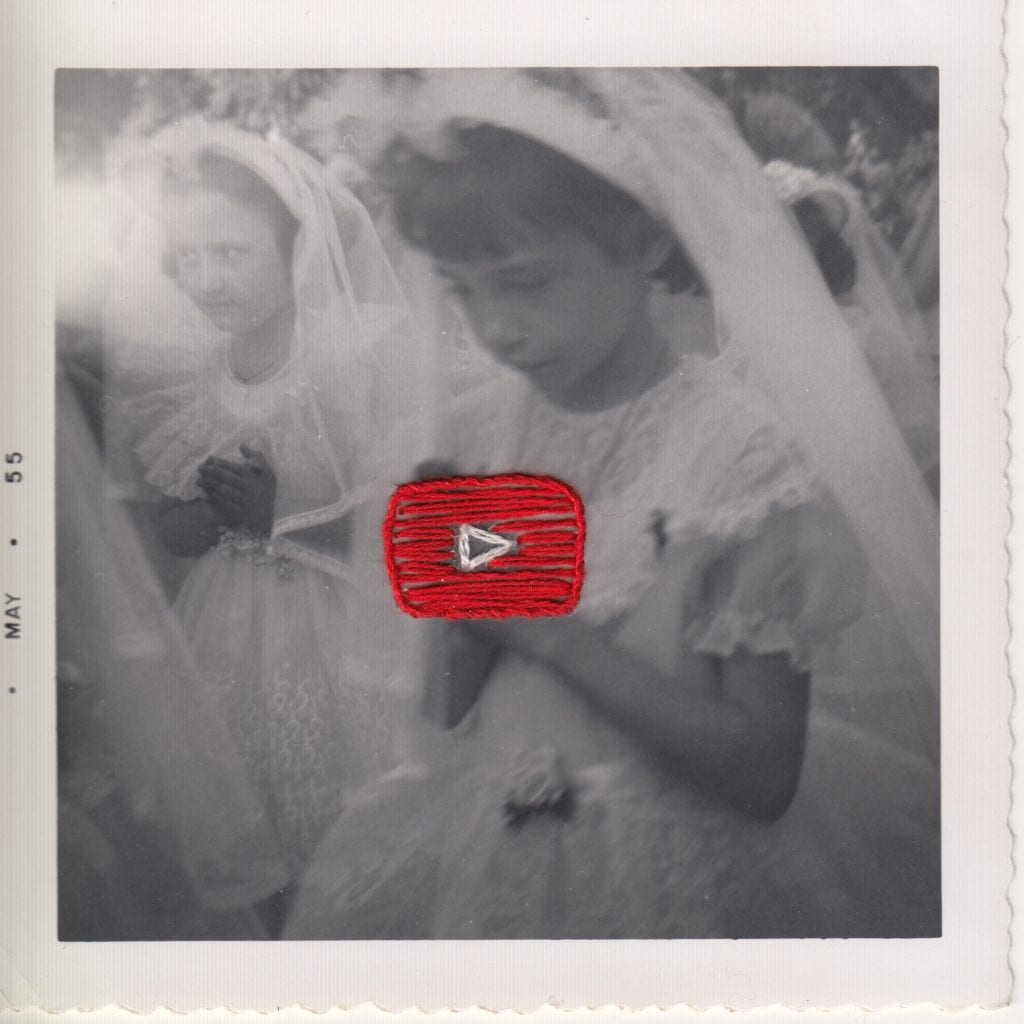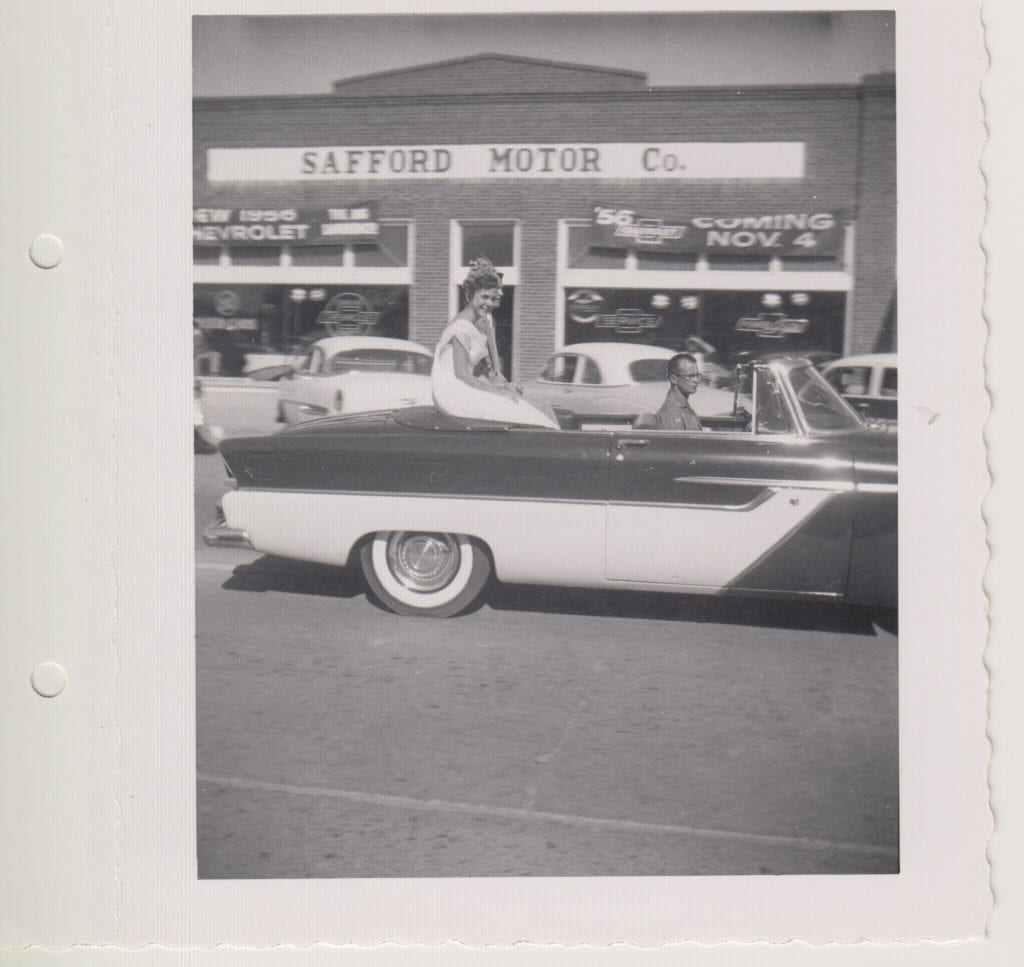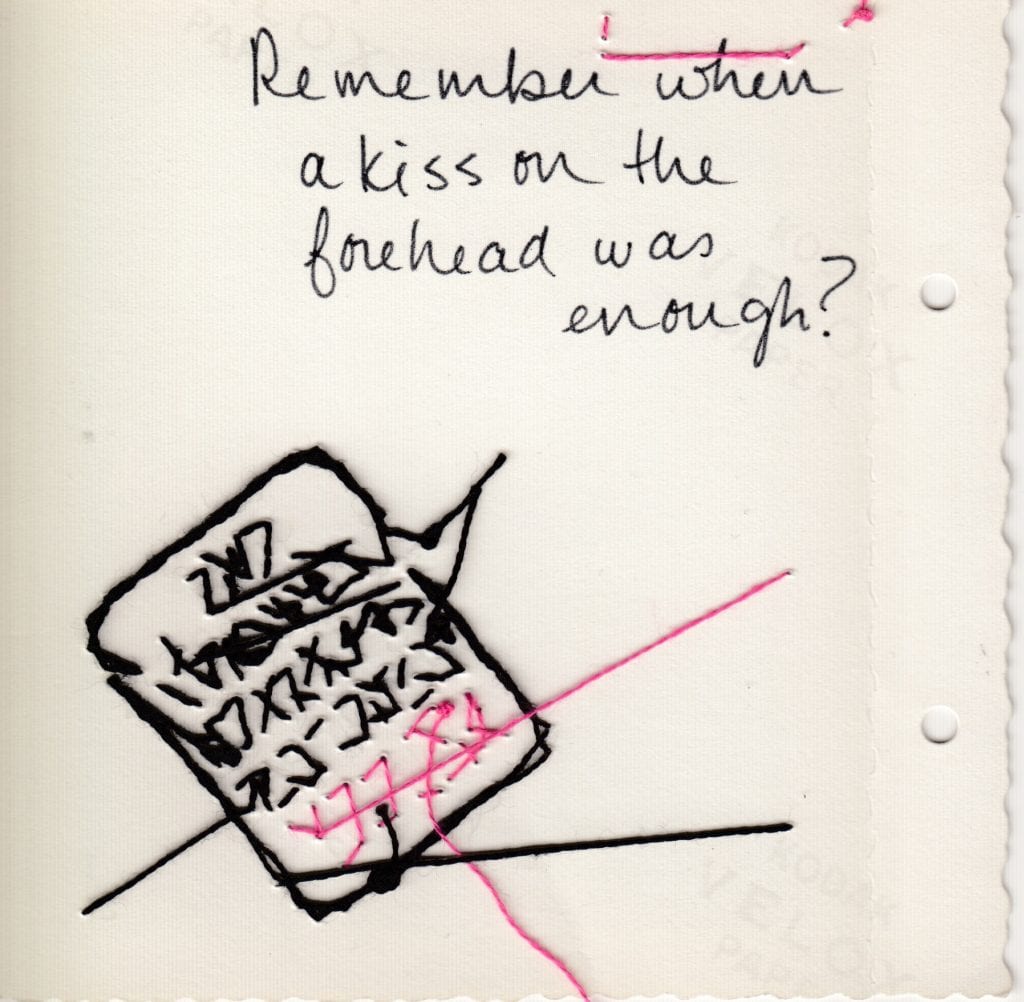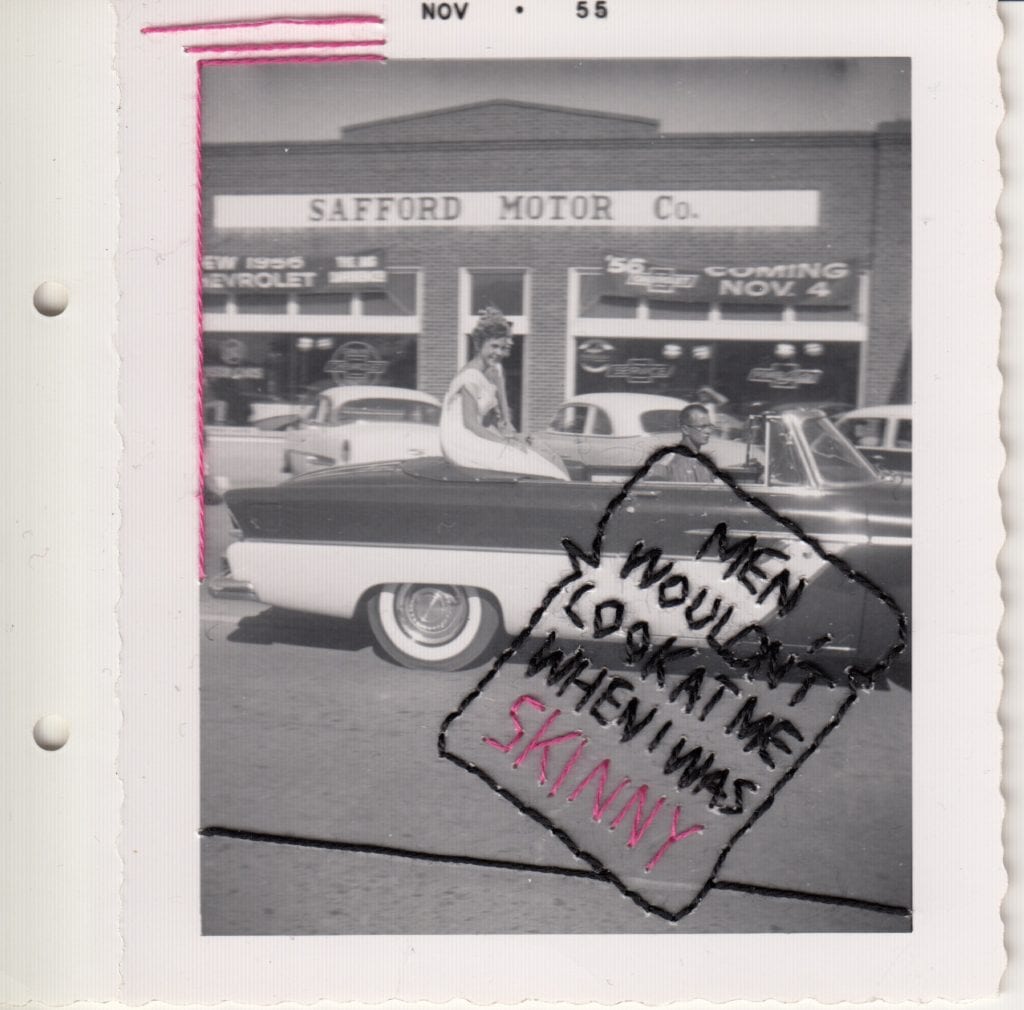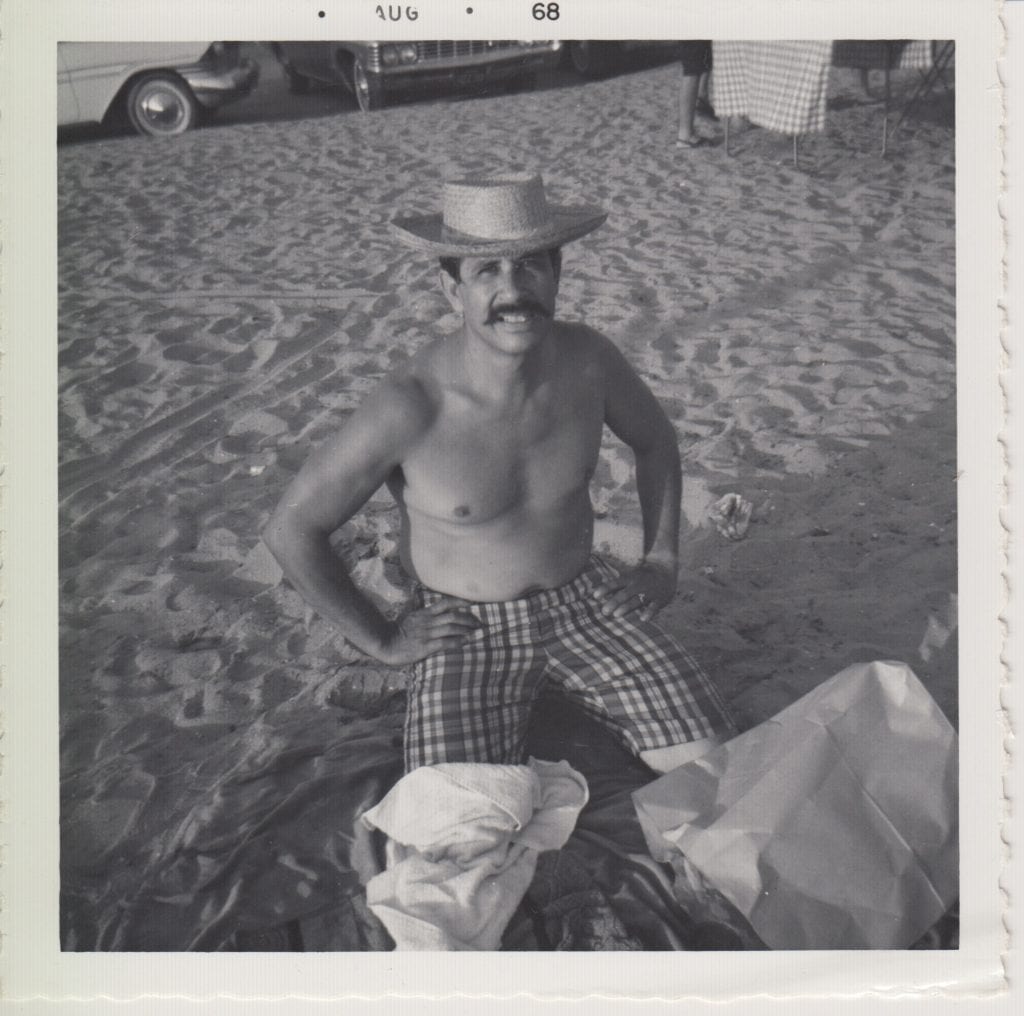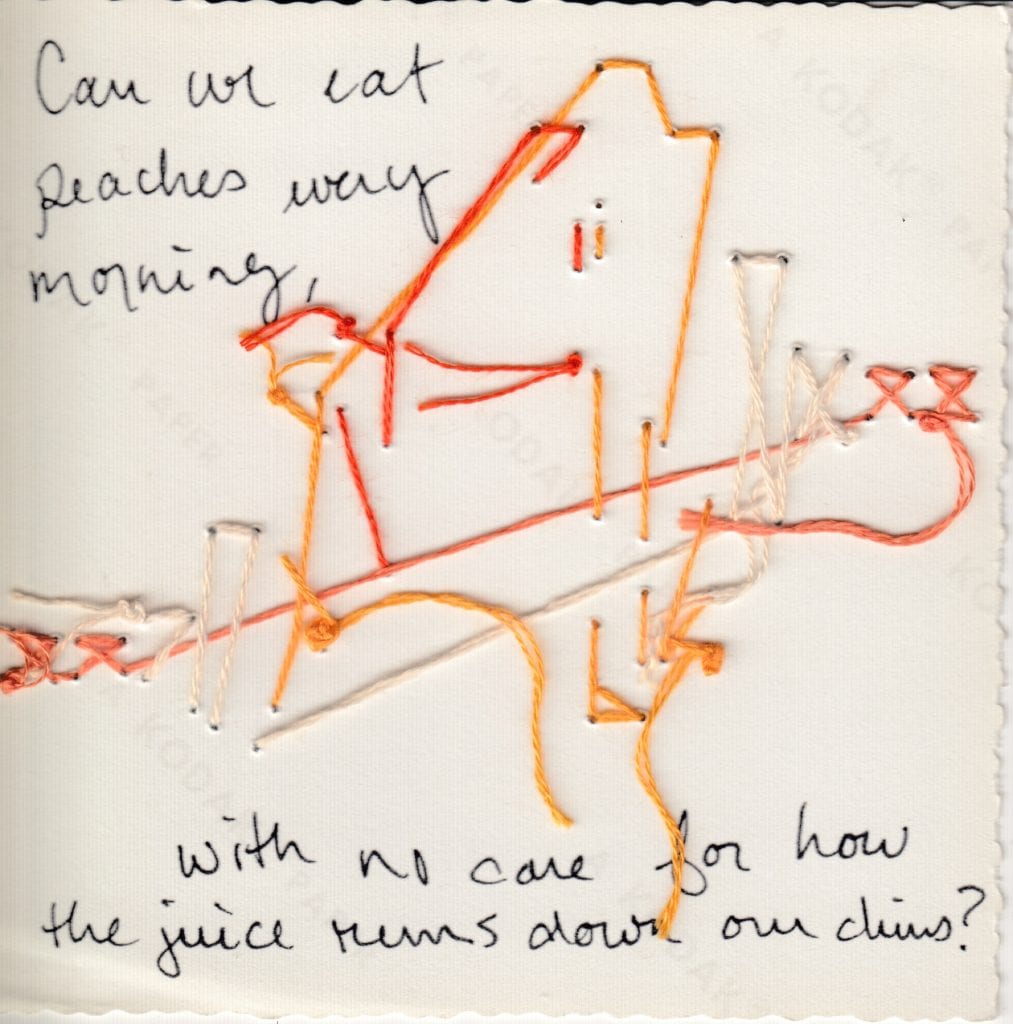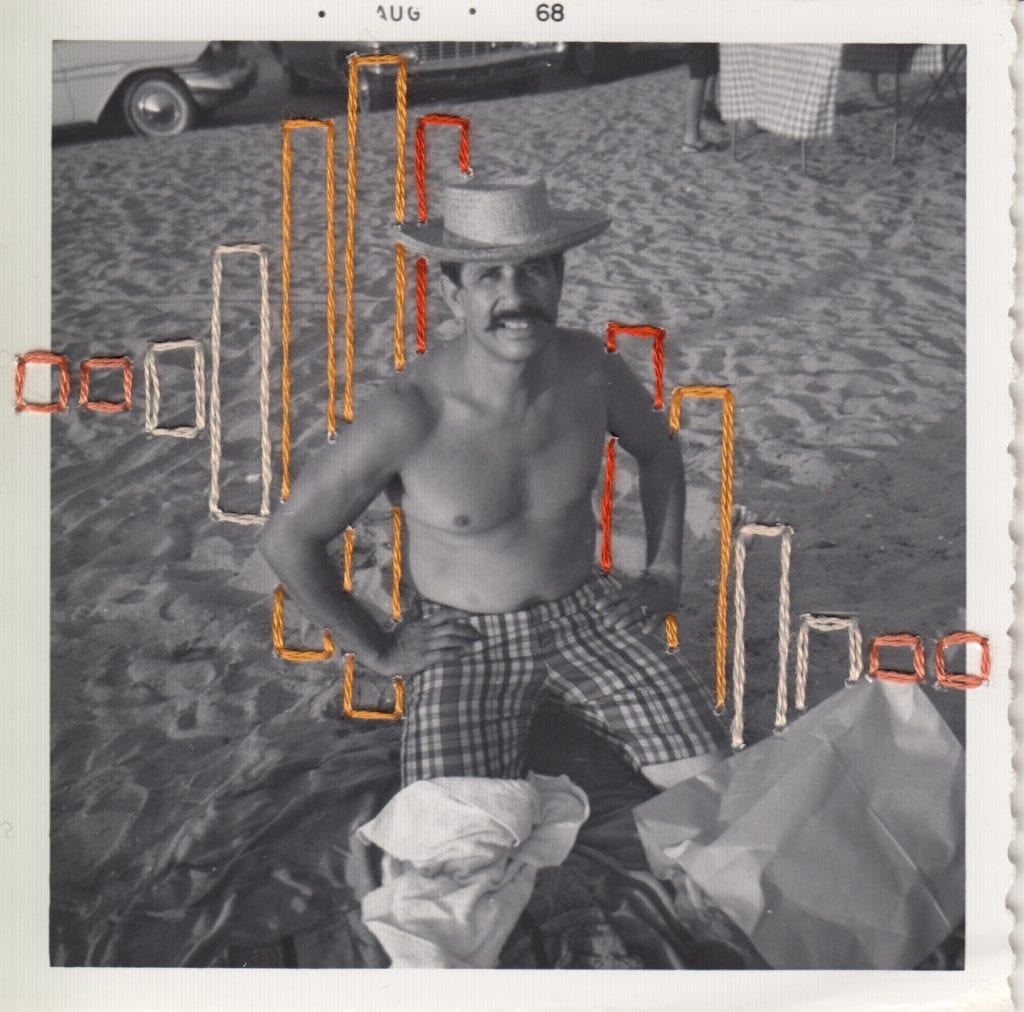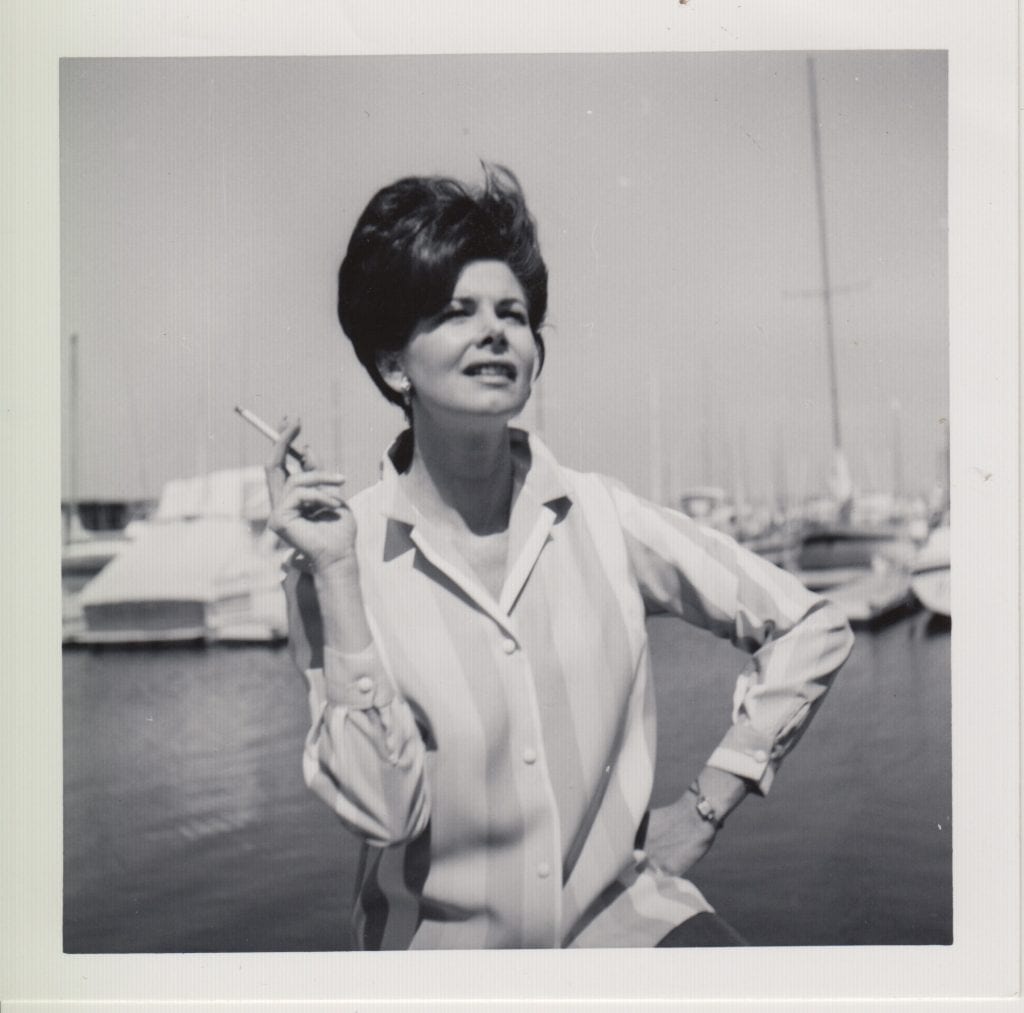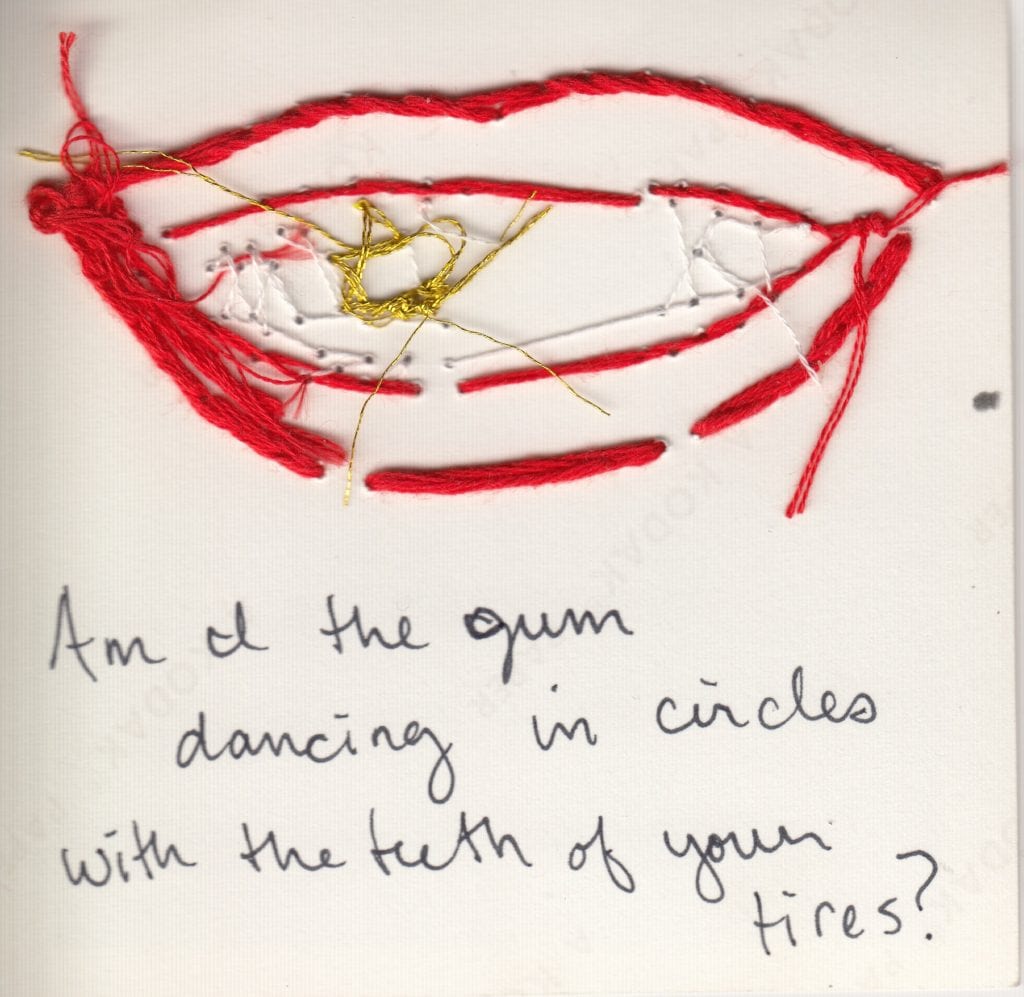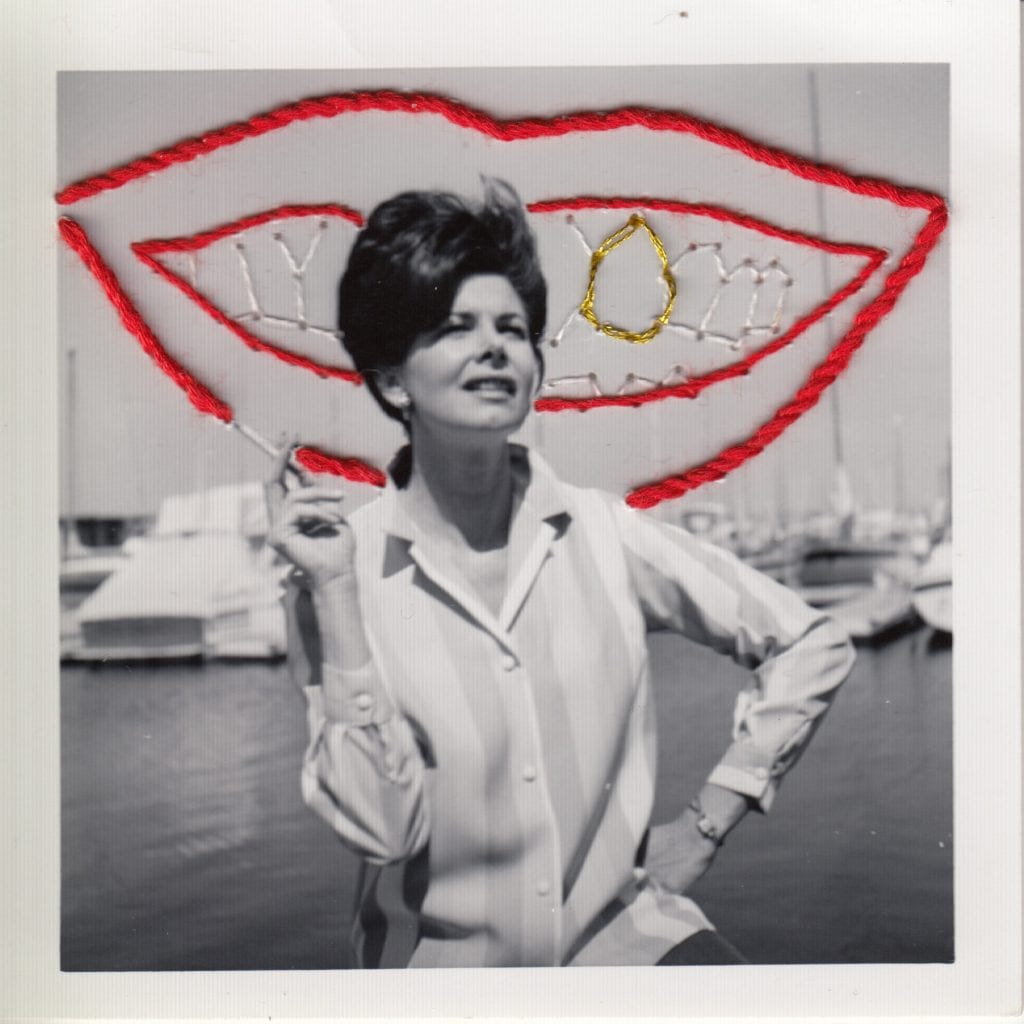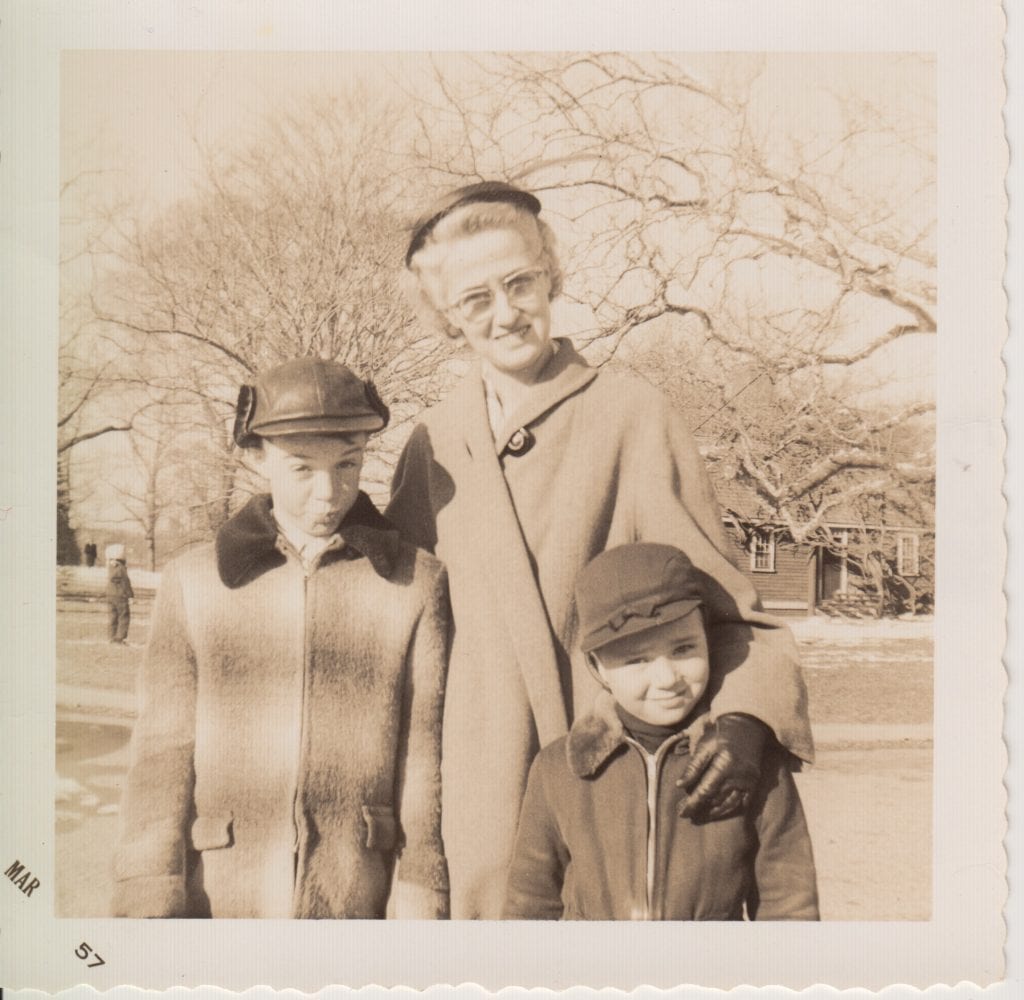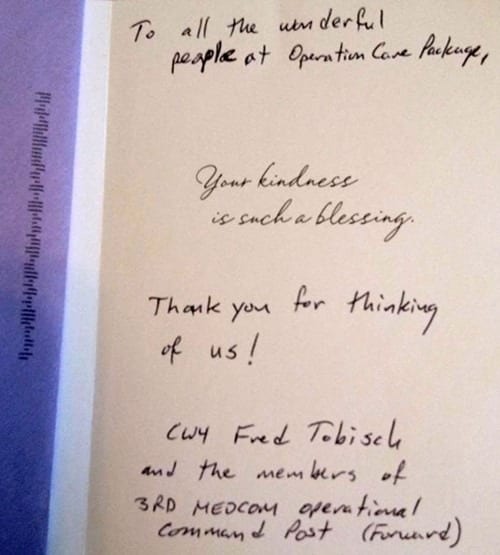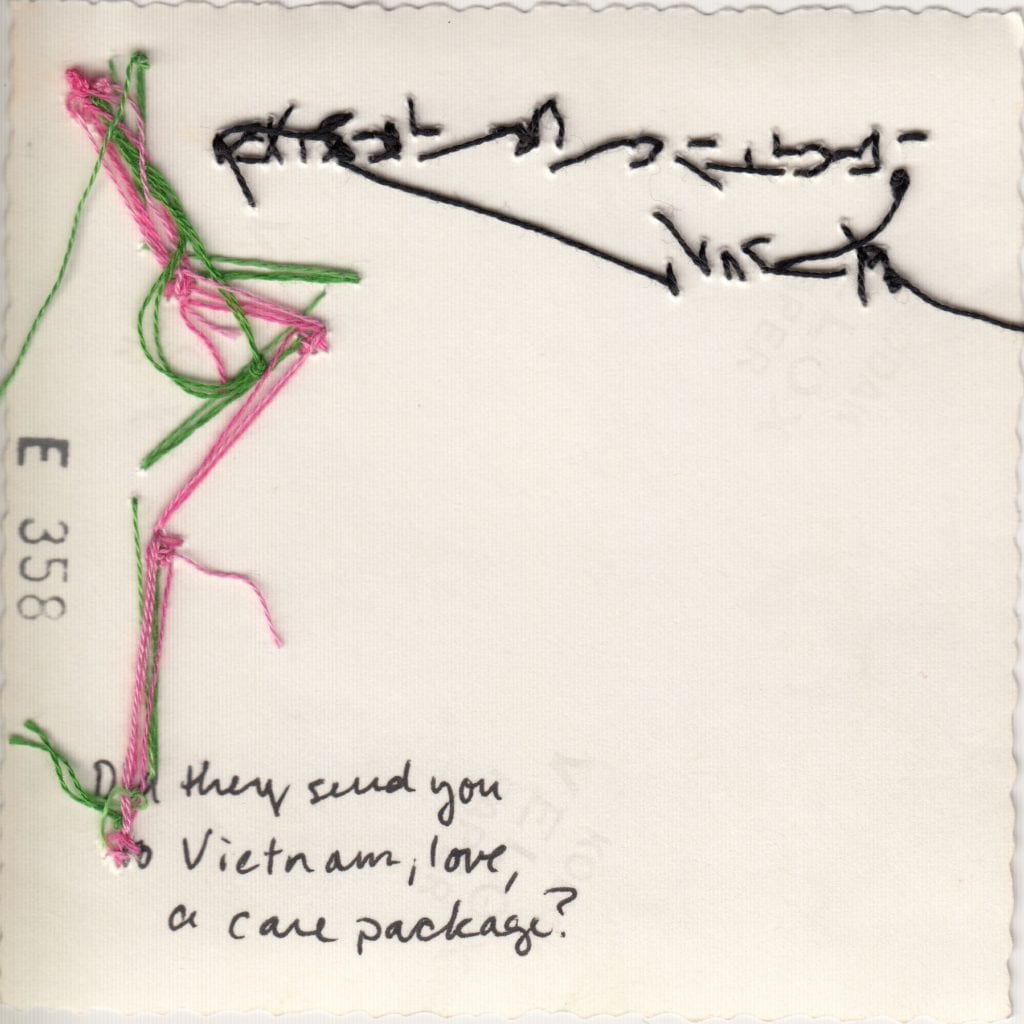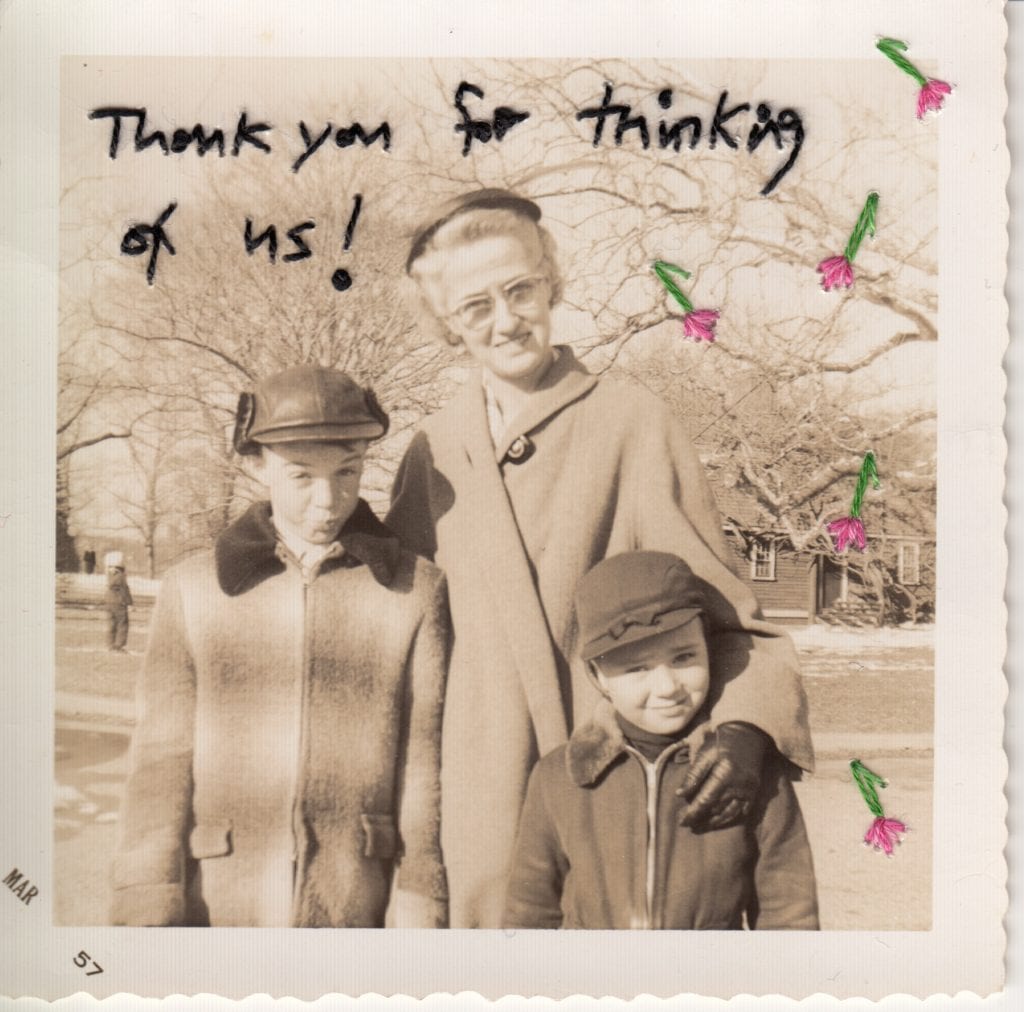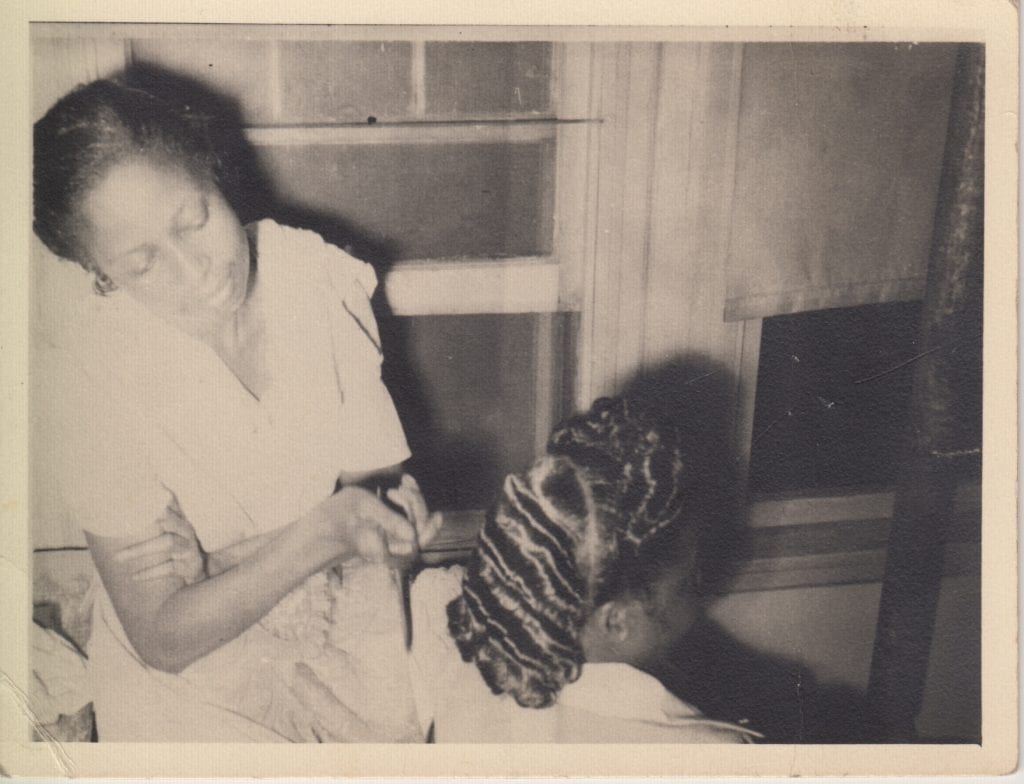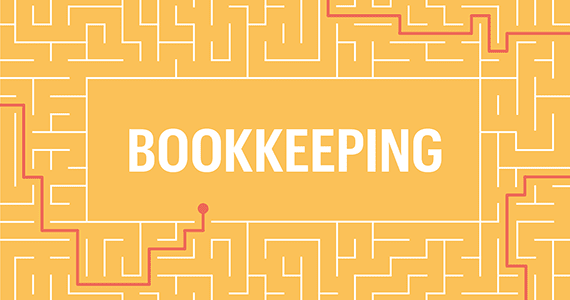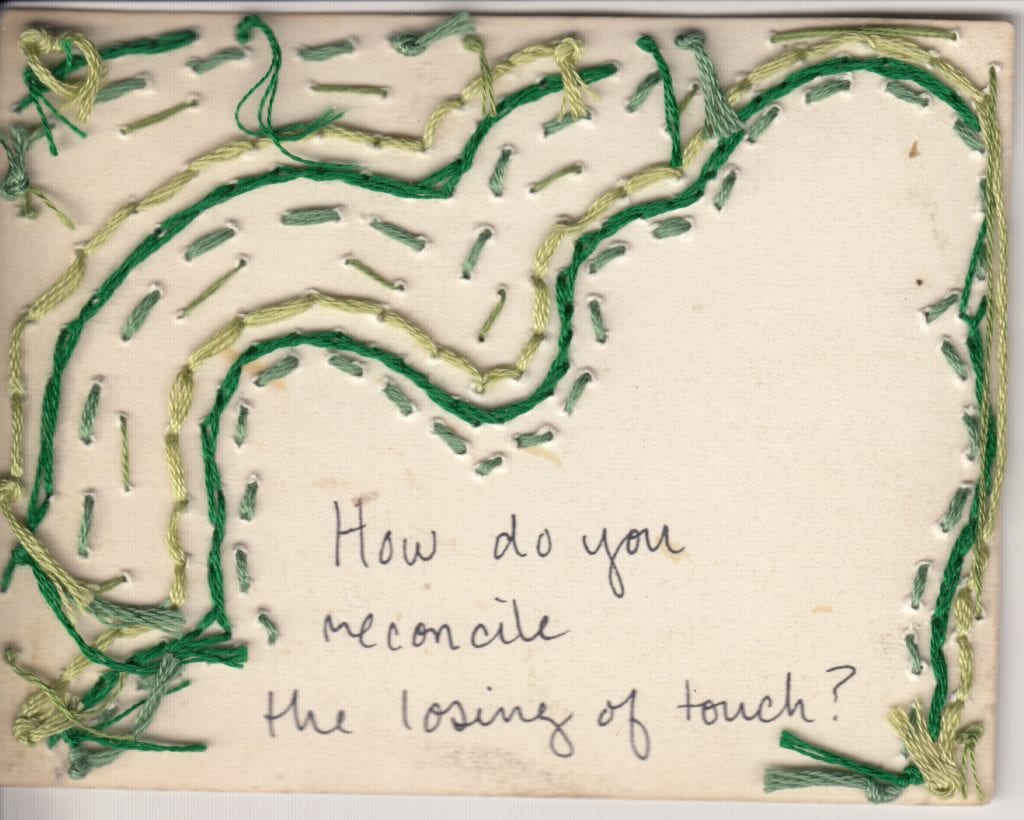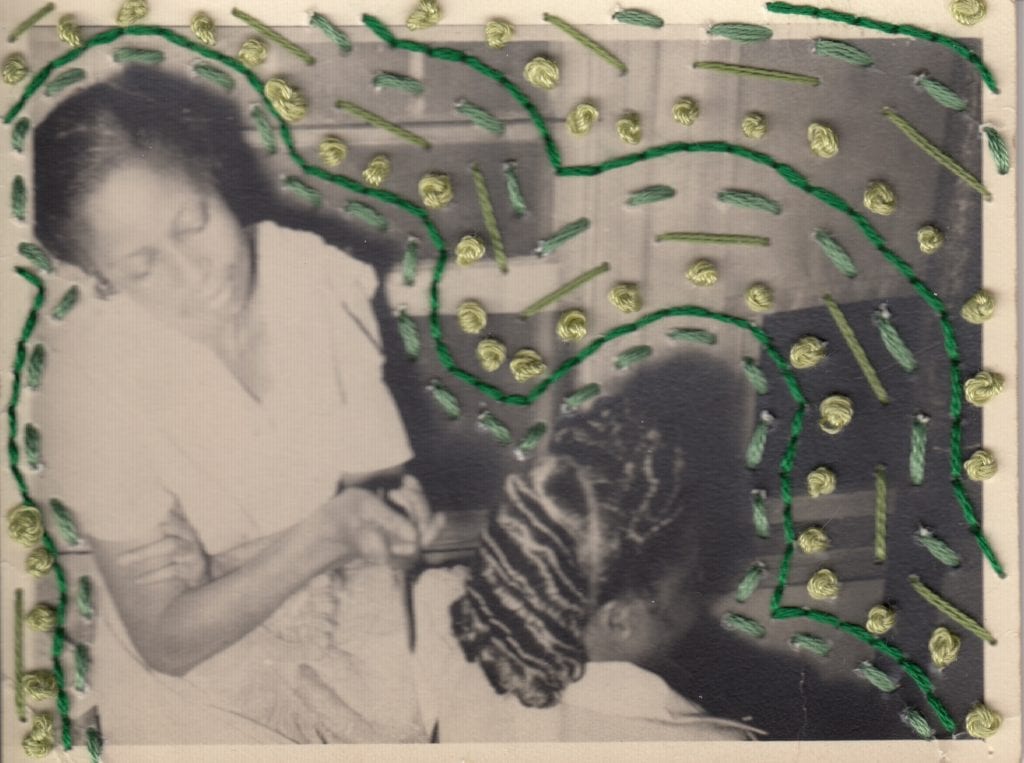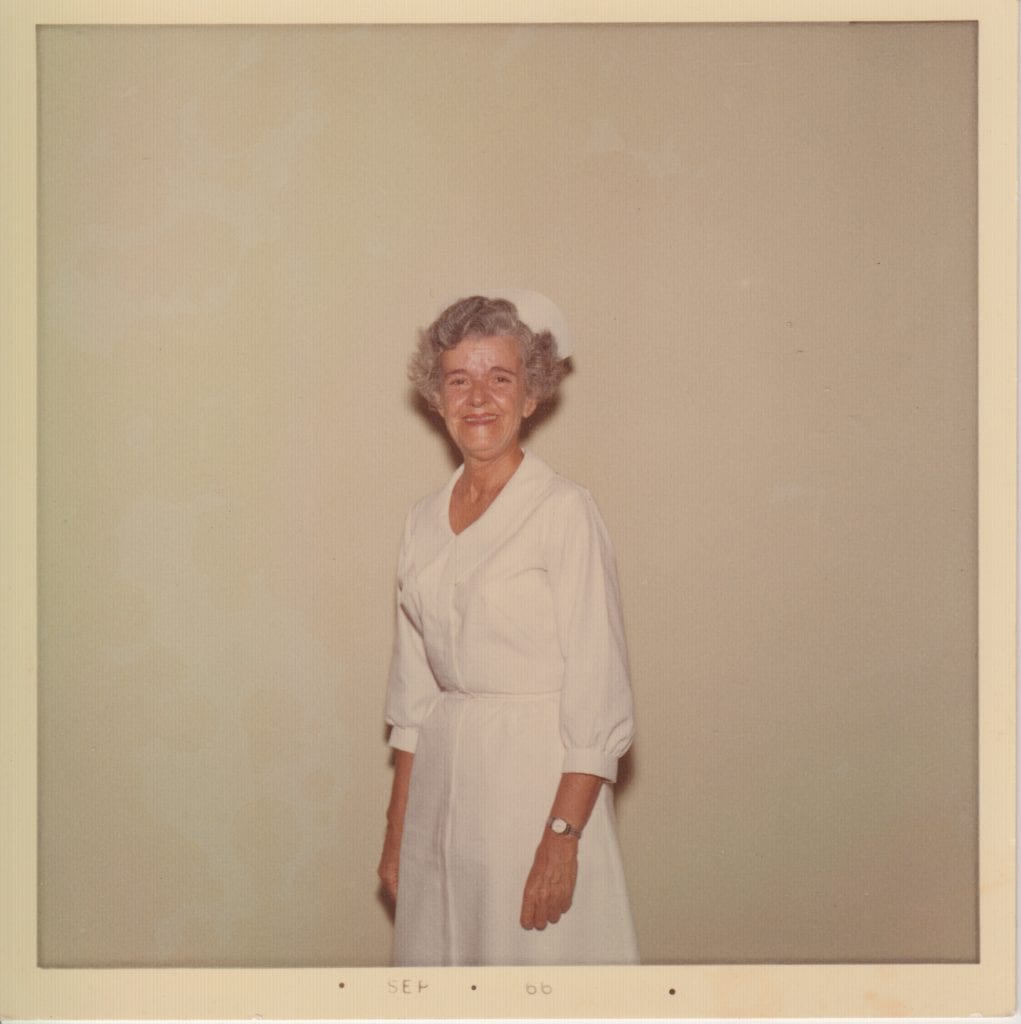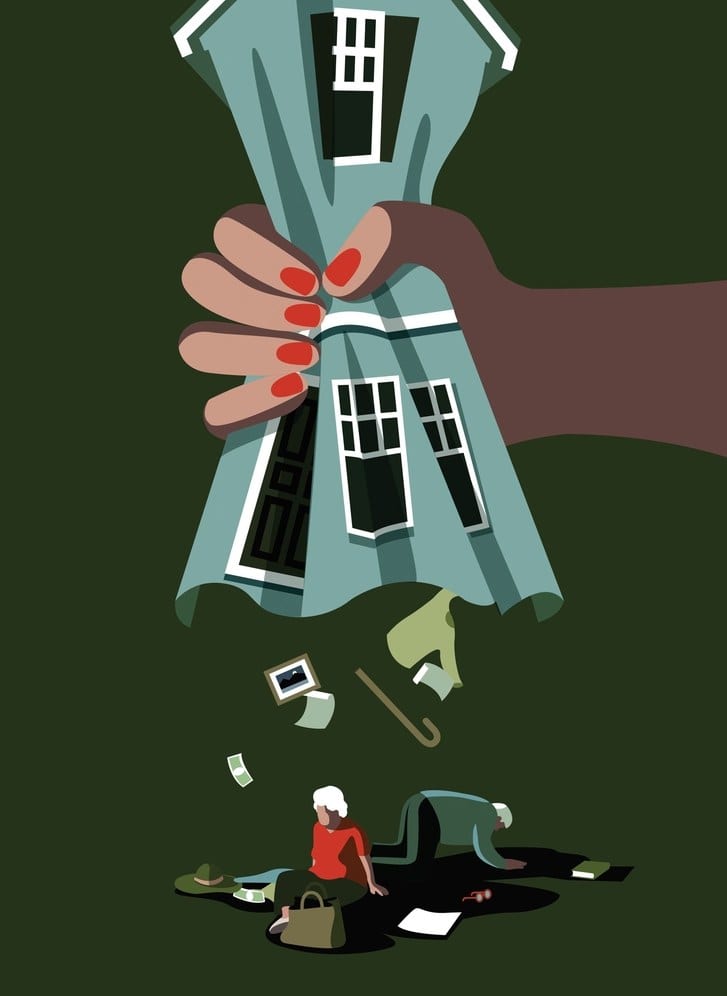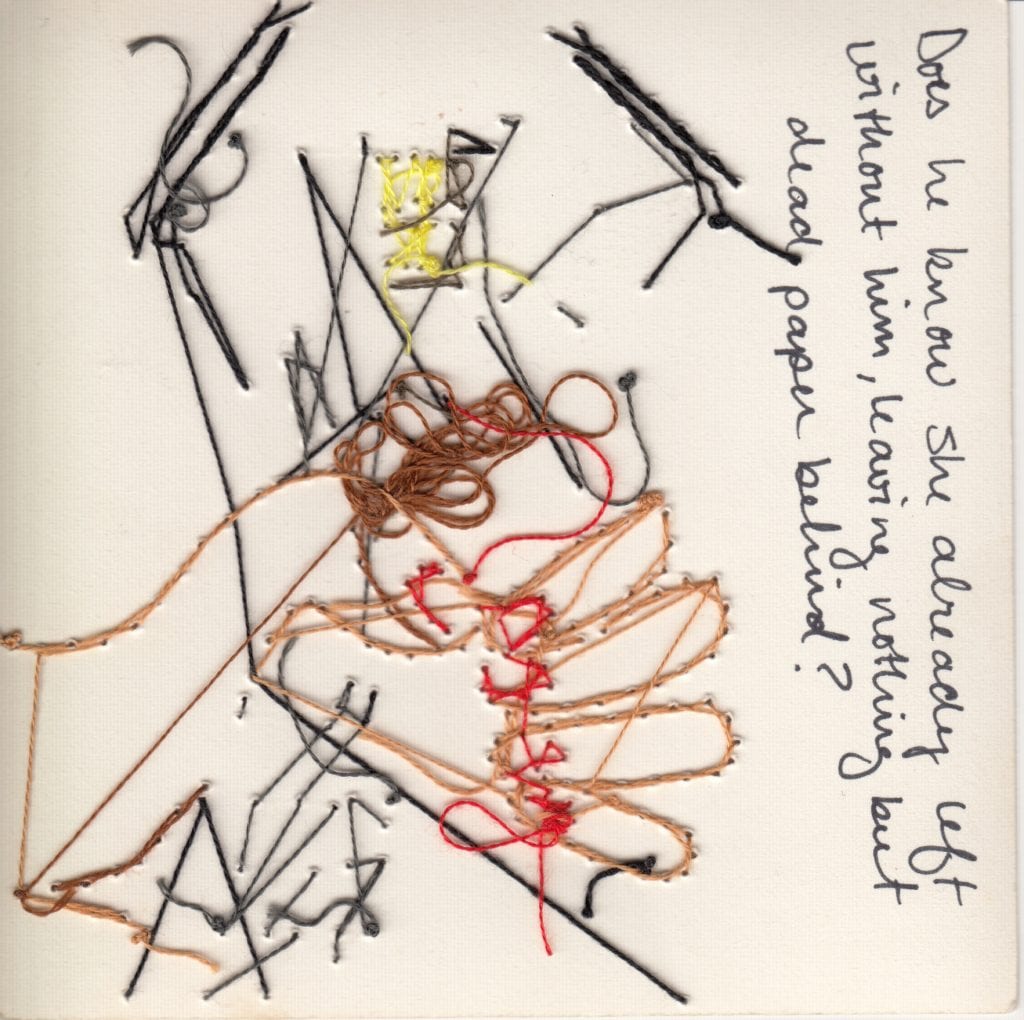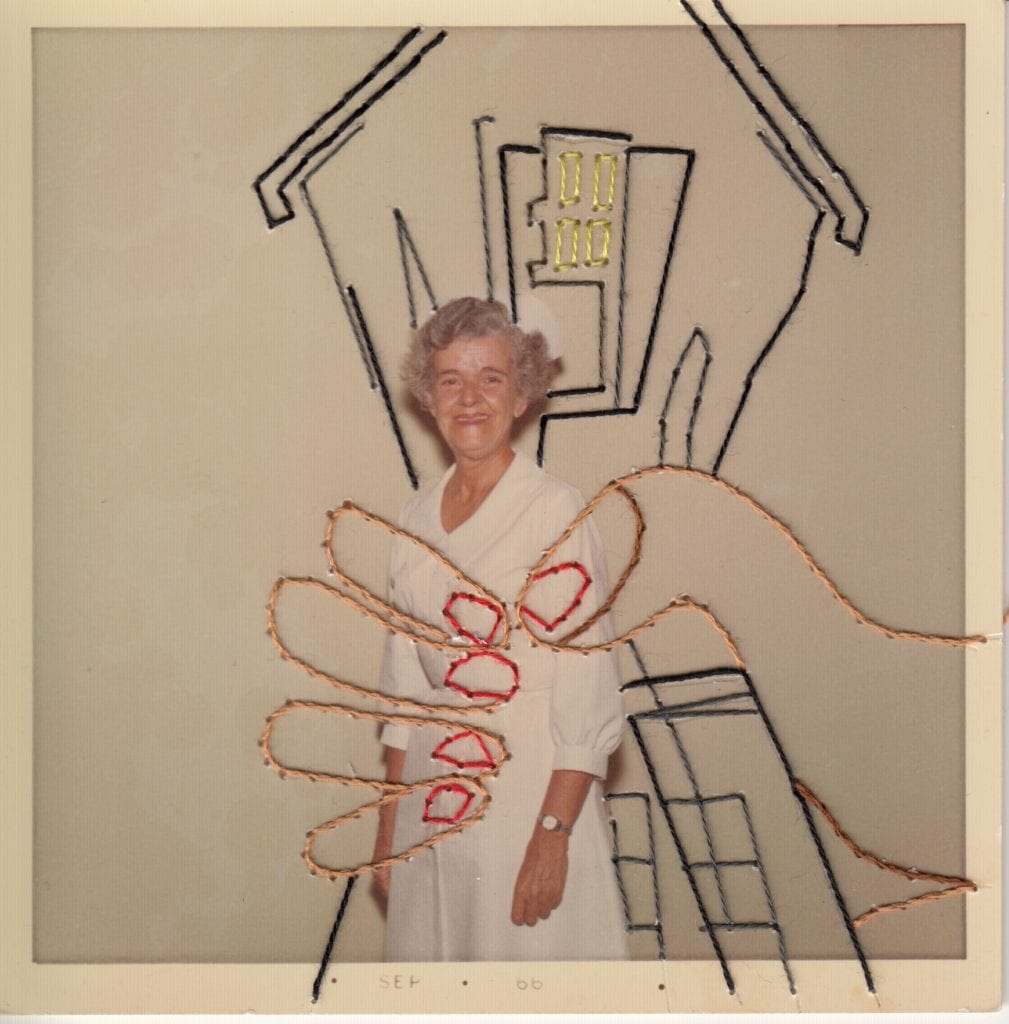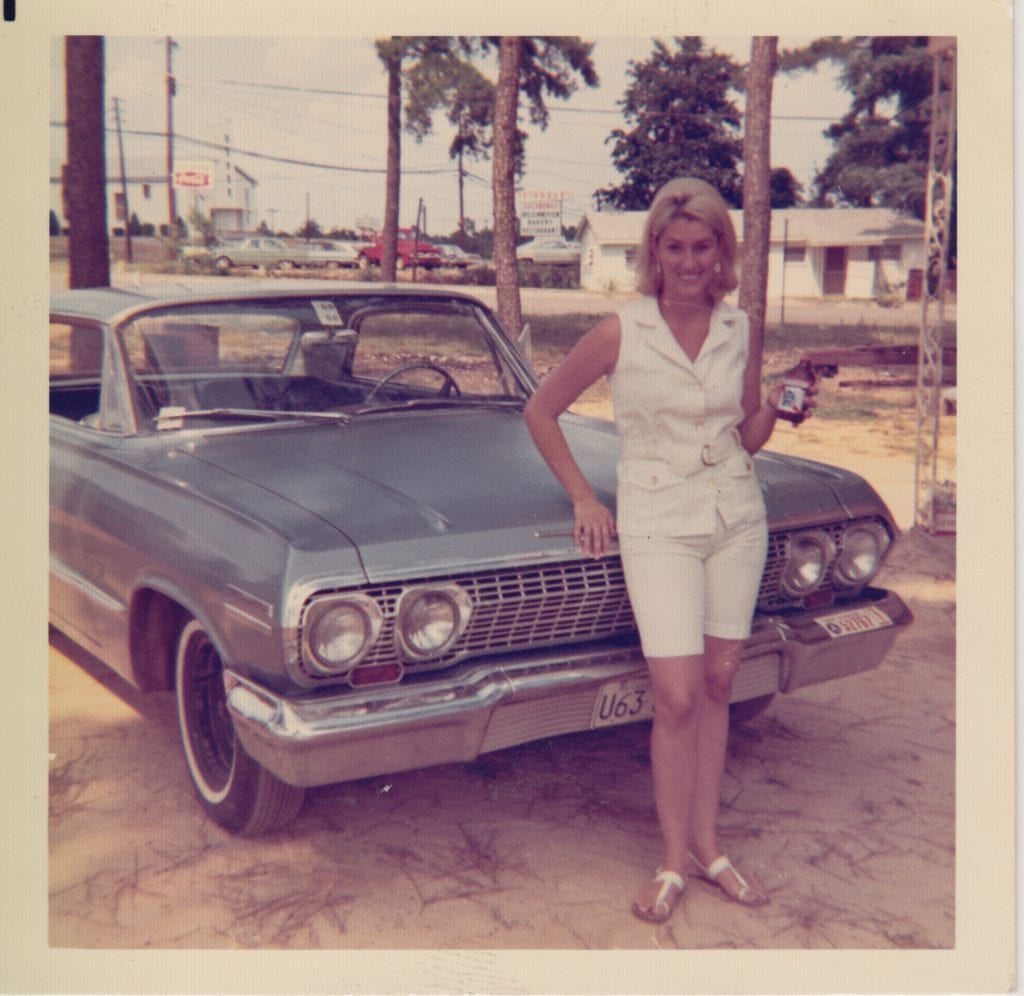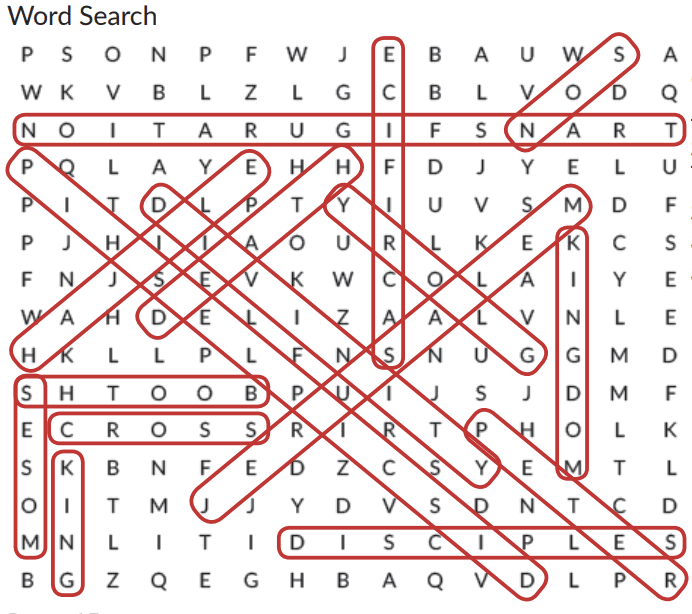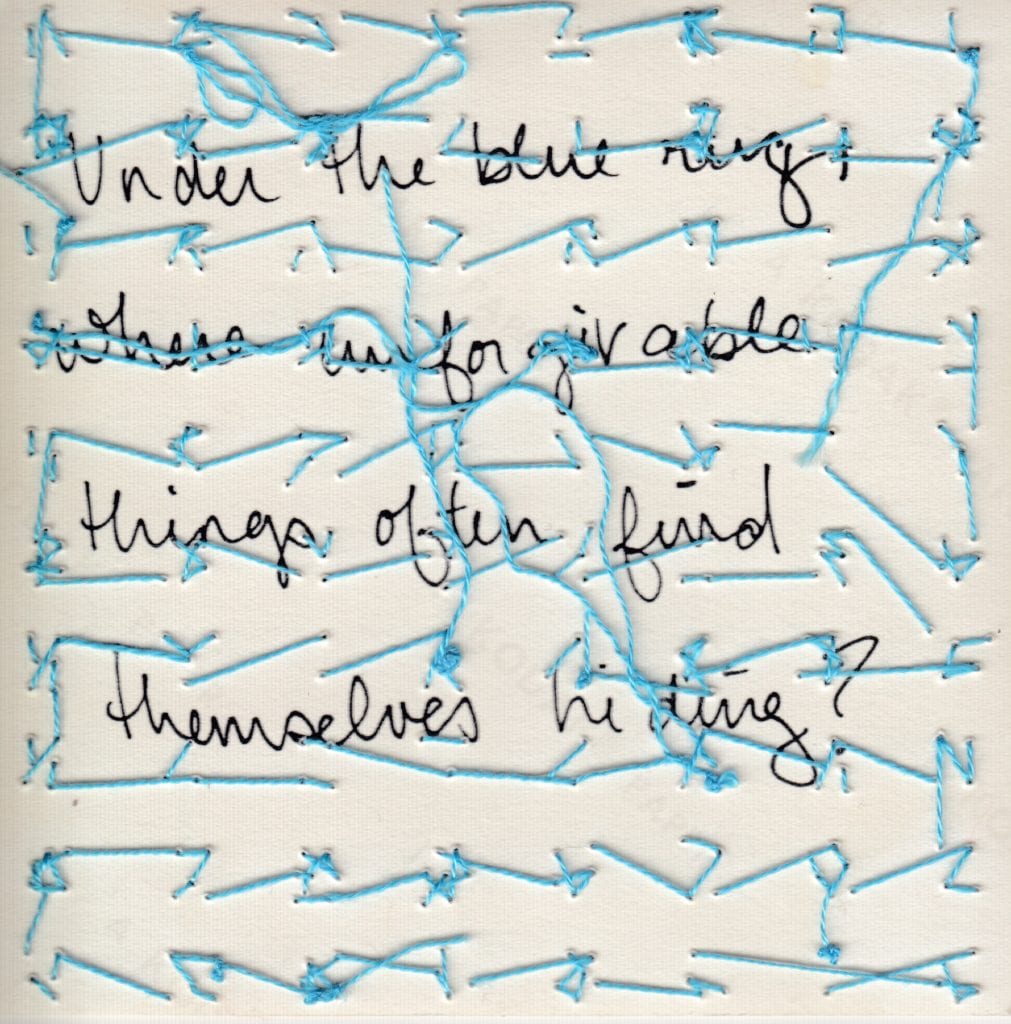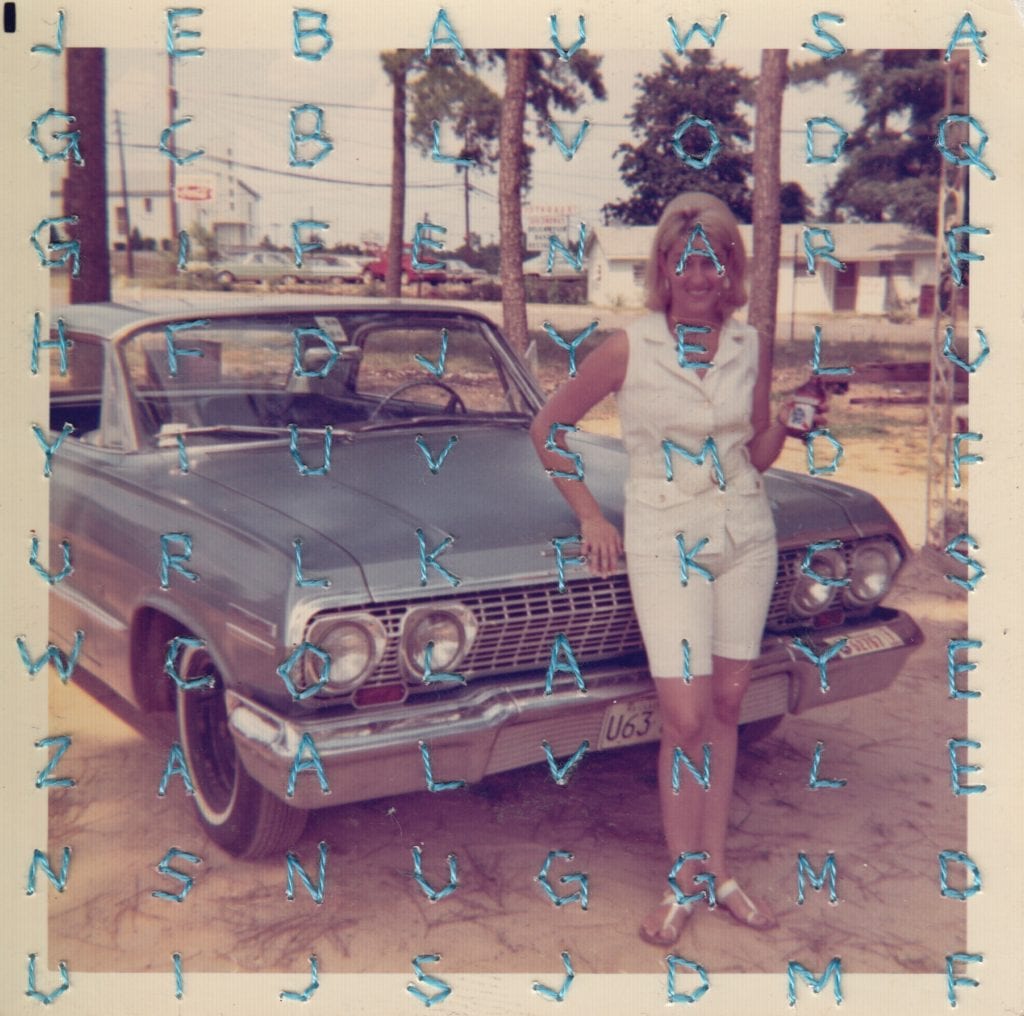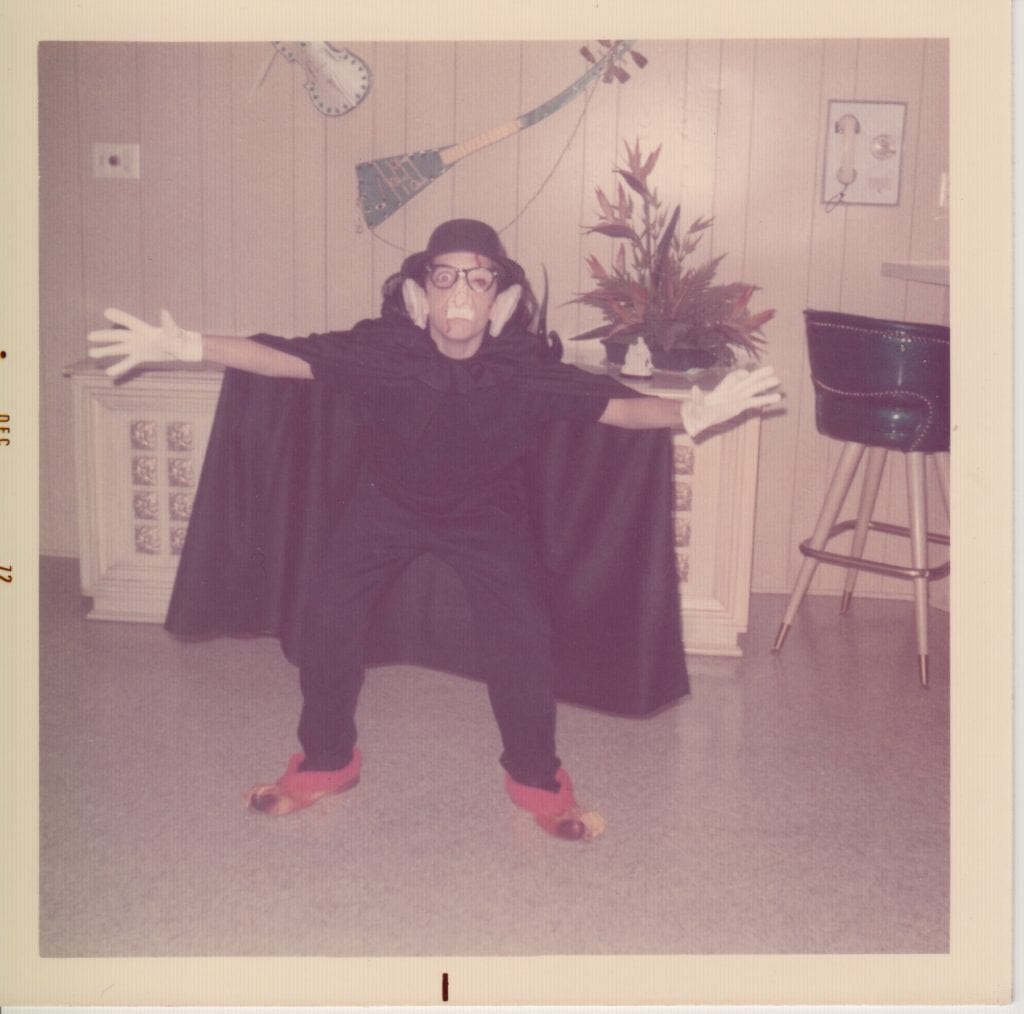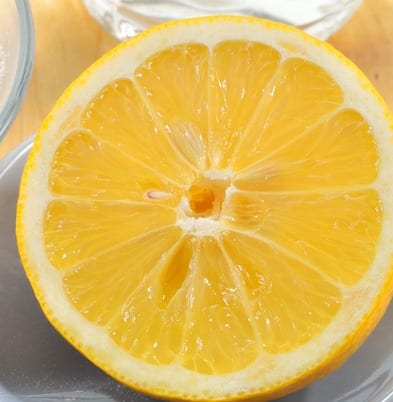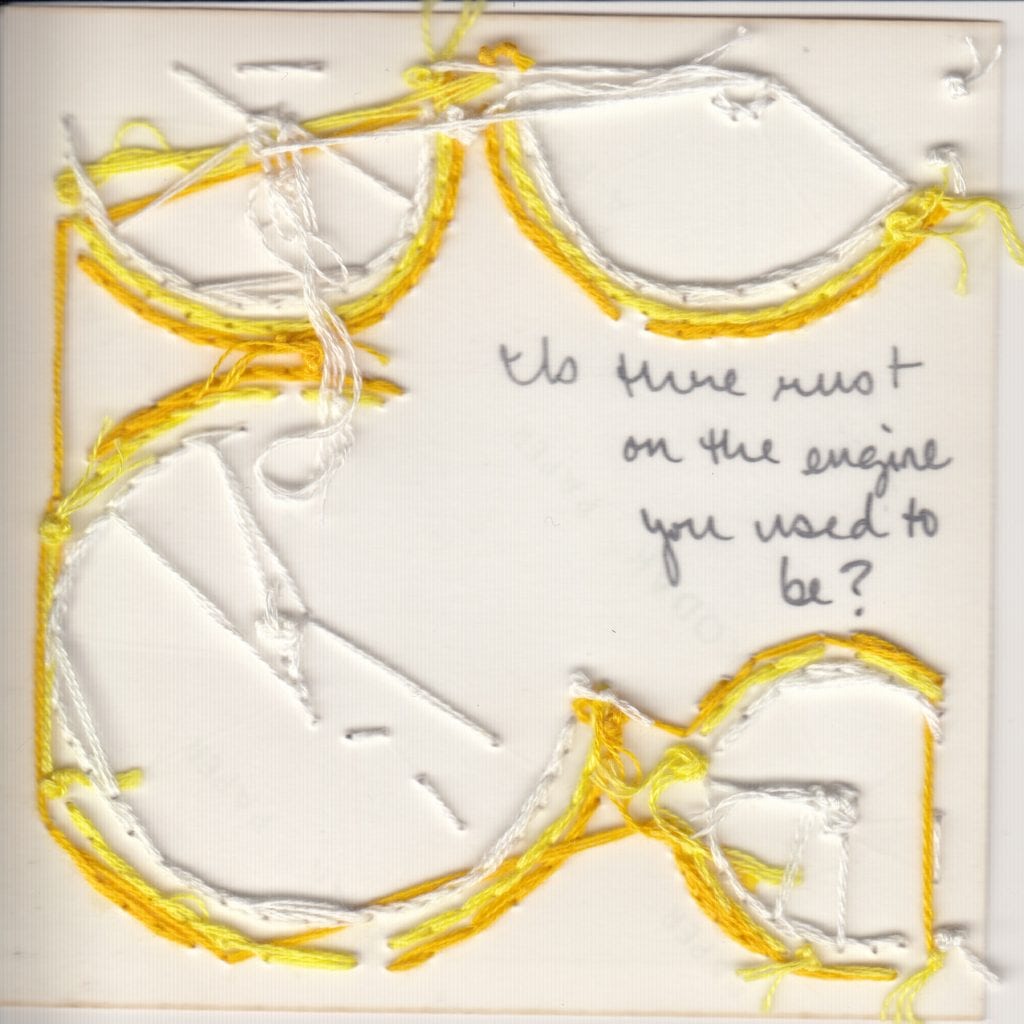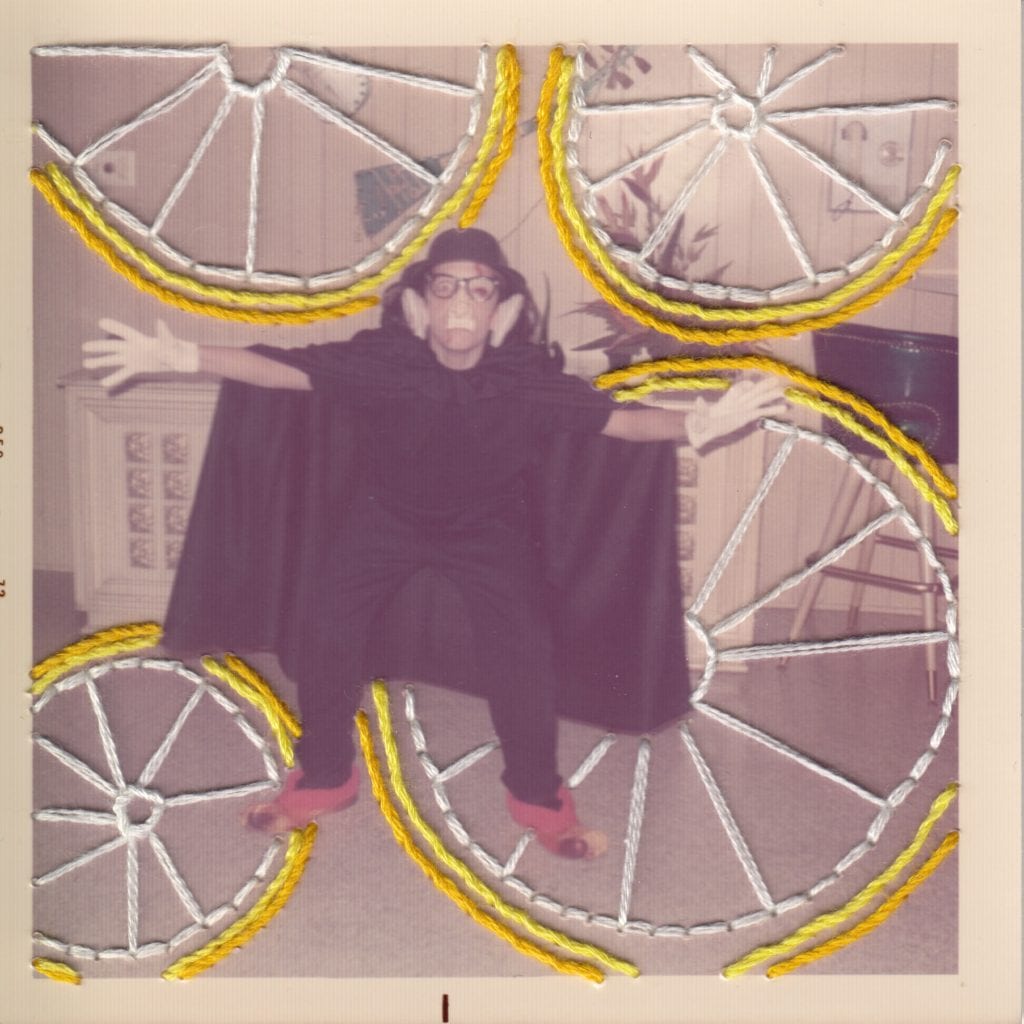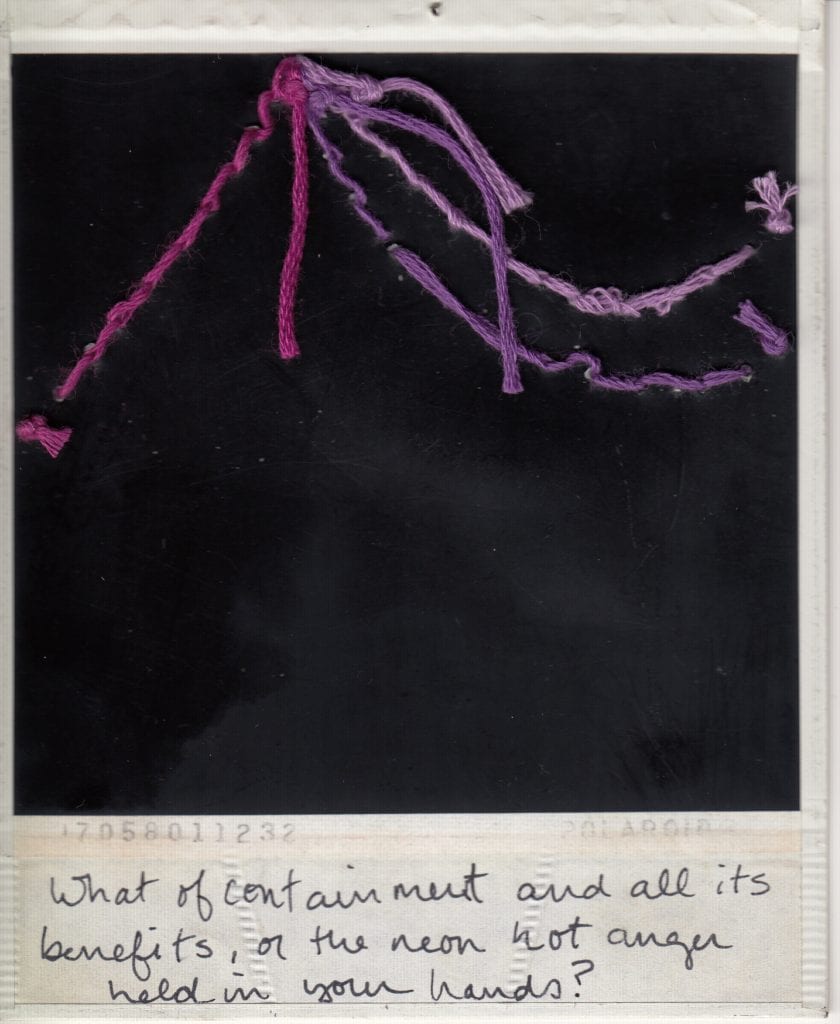My grandpa died this week. It has caught me off guard. He was always so full of life, I just figured he would live forever?
He was such a spry old guy, too! Grandpa had recently moved into an assisted living facility, an act he definitely DID NOT want to do but acquiesced to when COVID-19 hit. Why? So he could visit my grandma in the Alzheimer’s unit there every day (a through-the-window visit would no longer suffice). He took such loving care of her the past few years. From making sure she had outfits she would approve of, to bringing her a thermos of root beer as a treat when he’d visit. His love for her is probably what I’ll remember most. I can still picture him helping Grandma dye her hair in the sink whenever we had sleepovers. They were best friends.
Grandpa was curious, adventurous, thoughtful, smart, and so damn playful. And he was a wonderful writer, writing and editing the Army’s Preventive Maintenance (PS) magazine throughout his career. I’ve always attributed any natural gift I have as a baton handoff from him to me.
After college, I asked Grandpa to email me some of his stories. Him and Grandma kept binders of tales from their many travels—like #vanlife bloggers before their time. He said yes but did one better: He said he would write some brand new pieces for me and his daughters of memories from his life. Today I have this remarkable collection of stories he wrote (a few by Grandma, but mostly him). What a fucking gift! I loved getting to know him this way and I was always excited to get a new email with a story attached. It sparked a lot of interesting conversations between us. They’re now all stored in a binder he gave me when I moved to Chicago.
I recently started adding new photos to the binder… printouts of photos he would text of him and of Grandma at the nursing home, screenshots of funny text messages he sent, a photo of him in a COVID face mask that he’d drawn a smiley face onto. Such a rascal.
I’ve been adding these to the end of the book. The day he died, I added a note about when, where, and how he passed. I feel tender toward making sure I give his story, in this binder at least, the ending… that I record it. He would always end his written stories like the grisled old magazine editor he was: with – end – at the end.
A story isn’t a story without an ending. And Grandpa had a hell of a story. You did good, farm boy.
I’m sad COVID forced me to cancel my March visit to Marion. He and I had a Bob Evans breakfast date planned, like we had been doing for the past year or so. We would eat together, bitch about the coffee, politely disagree about politics (he would always hear me out!), talk about about my hopes to roadtrip across the country with Justin, order some blueberry crepes to-go, and take them (and some root beer) to Grandma for our visit.
But. I’m so grateful to have had him as a grandpa and have had as much time with him as I did. I miss him already.
– end –
